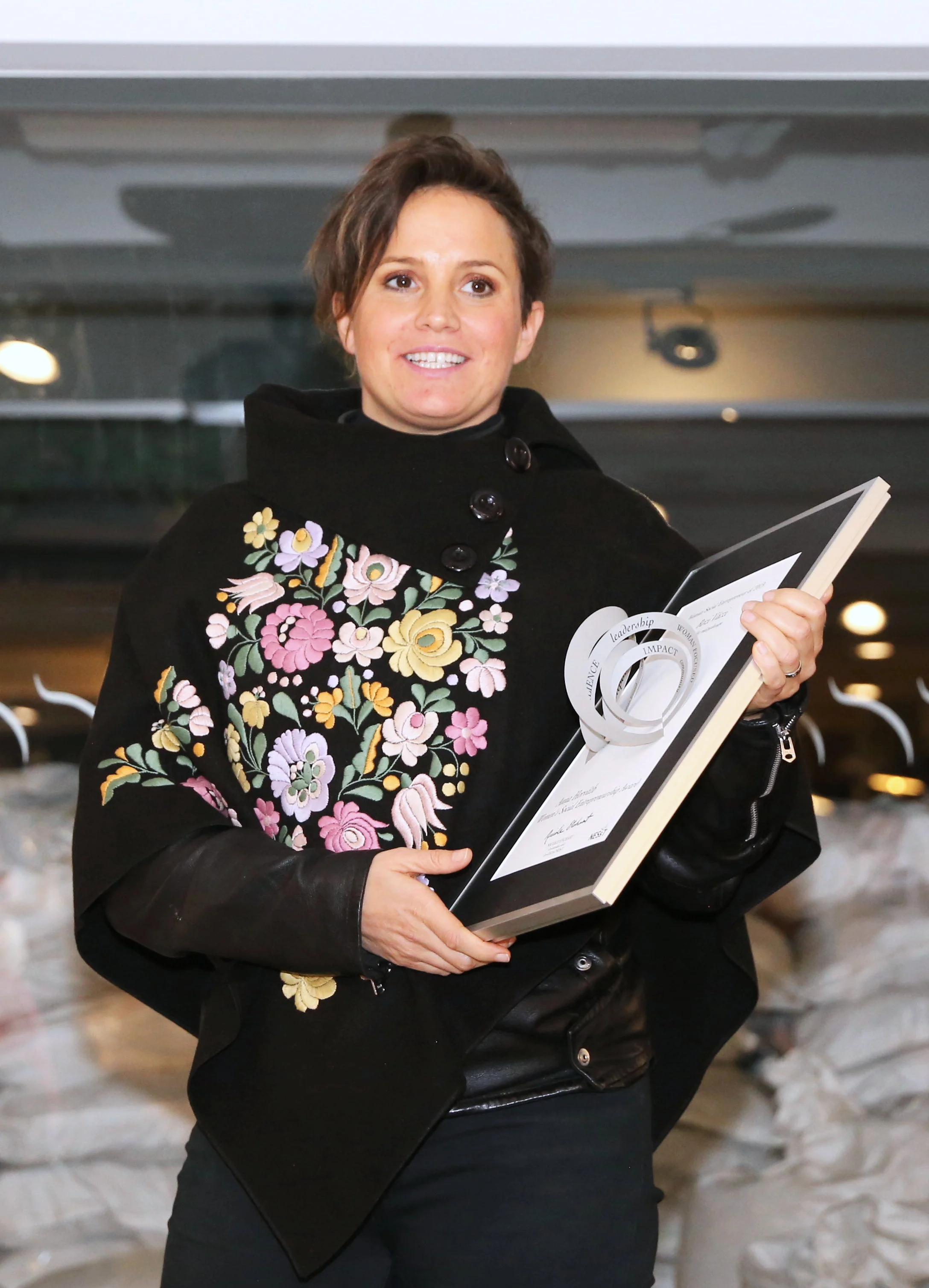On March 12, 2019, NESsT hosted the first ceremony of the Anna Horvath Social Entrepreneurship Award.
From this year on, NESsT will hold an annual event to present the award to the winner. The selected person will receive a combination of mentoring and financial support to grow their enterprise. This award honors Anna and keep her legacy alive.
During this special evening, we reflected on Anna’s legacy, learned new practices in gender lens development and women entrepreneurship, and honored a woman that is using social entrepreneurship for the betterment of society.
Rozi Vaczi, Founder of matyodesign and winner of the first Anna Horvath Social Entrepreneurship Award
That entrepreneur is Rozi Vaczi who founded matyodesign to support elderly women facing poverty in rural Hungary. She tapped into a strength of theirs - the art of matyo embroidery - and launched a business that employs 24 women and has sold over 10,000 products.
Women, like Rozi, are at the center of addressing poverty.
It has been shown time and time again that women put their families and communities first. All of the data shows that due to these efforts, women are closing the cycle of poverty in the world. Unfortunately, their contributions are still not recognized and today, and women still face discrimination, harassment, violence, and exclusion.
A recent Mckinsey study demonstrates that gender inequality is not only a pressing moral and social issue but also a critical economic challenge.
If women—who account for half the world’s working-age population—do not achieve their full economic potential, the global economy will suffer.
NESsT’s portfolio has created dignified employment and income opportunities for 32,200 women. 70% of the enterprises that it has supported have targeted women directly (business models with women employees and suppliers) or indirectly (business models providing products and services to women).
The work of NESsT in Hungary led by Anna responds to this reality.
In Hungary that has translated to over 28 enterprises of which 60% are women focused.
Enterprises such as Hello Mum that provides training and support to women who are trying to reintegrate into the labor force upon completion of maternity leave.
Hazikence that trains and supports women that are unemployed to produce and sell natural cosmetics.
A newly emerging enterprises Uccu, led by a Roma young woman that is training and employing Roma as guides for urban tours here in Budapest.
Kek Madar, led by a woman who through resilience and forethought led her social enterprise Kek Madar to success, providing 20 employees with dignified income and now replicating its model from Szekard to Budapest in May and considering to further replicate through franchising.
What’s Next?
We need to empower women to lead enterprises and become part of the management teams.
We need to ensure that women employed by ALL enterprises are given equitable opportunities.
But we also need to make sure that investors are sensitive to these inequities and disparity.
Building on Anna’s work, NESsT is bringing a gender lens to its investments.
This year, with support from ANDE, we will ensure our portfolio addresses gender equity and closes the gap. We will add new metrics to our Performance Management Tool and our due diligence/investment strategy to make sure that our enterprises can meet these metrics.
“Anna, I am so proud of your heritage. I am so proud that your wonderful colleagues, the NESsT community came up with the idea of the Award in your name. You see, you really are outperforming, you continue to help and empower the groups whose unjust situation angered you so much that it became your moral principle to help them. Let your name be preserved with this Award, I am honoured to have known you.”
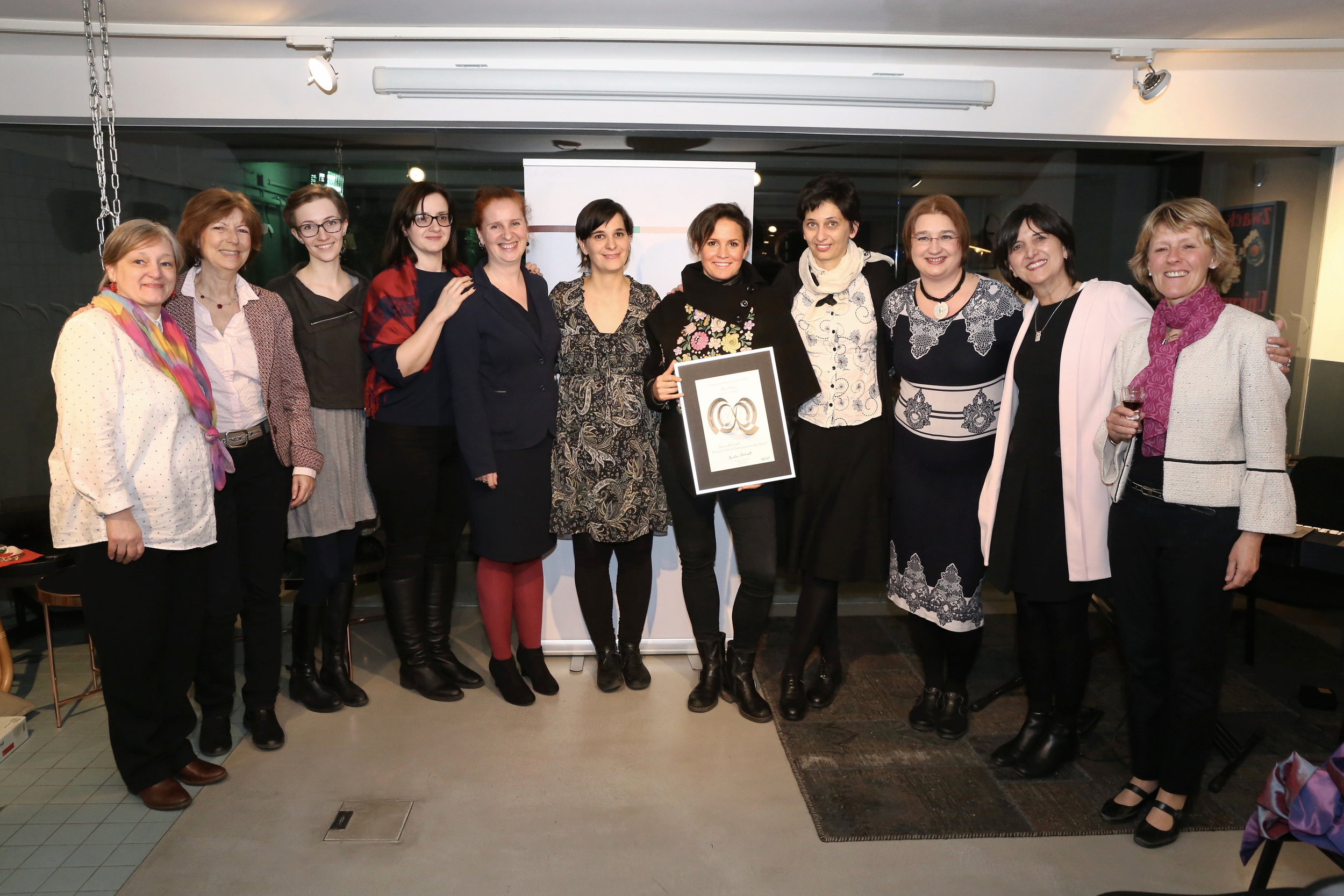
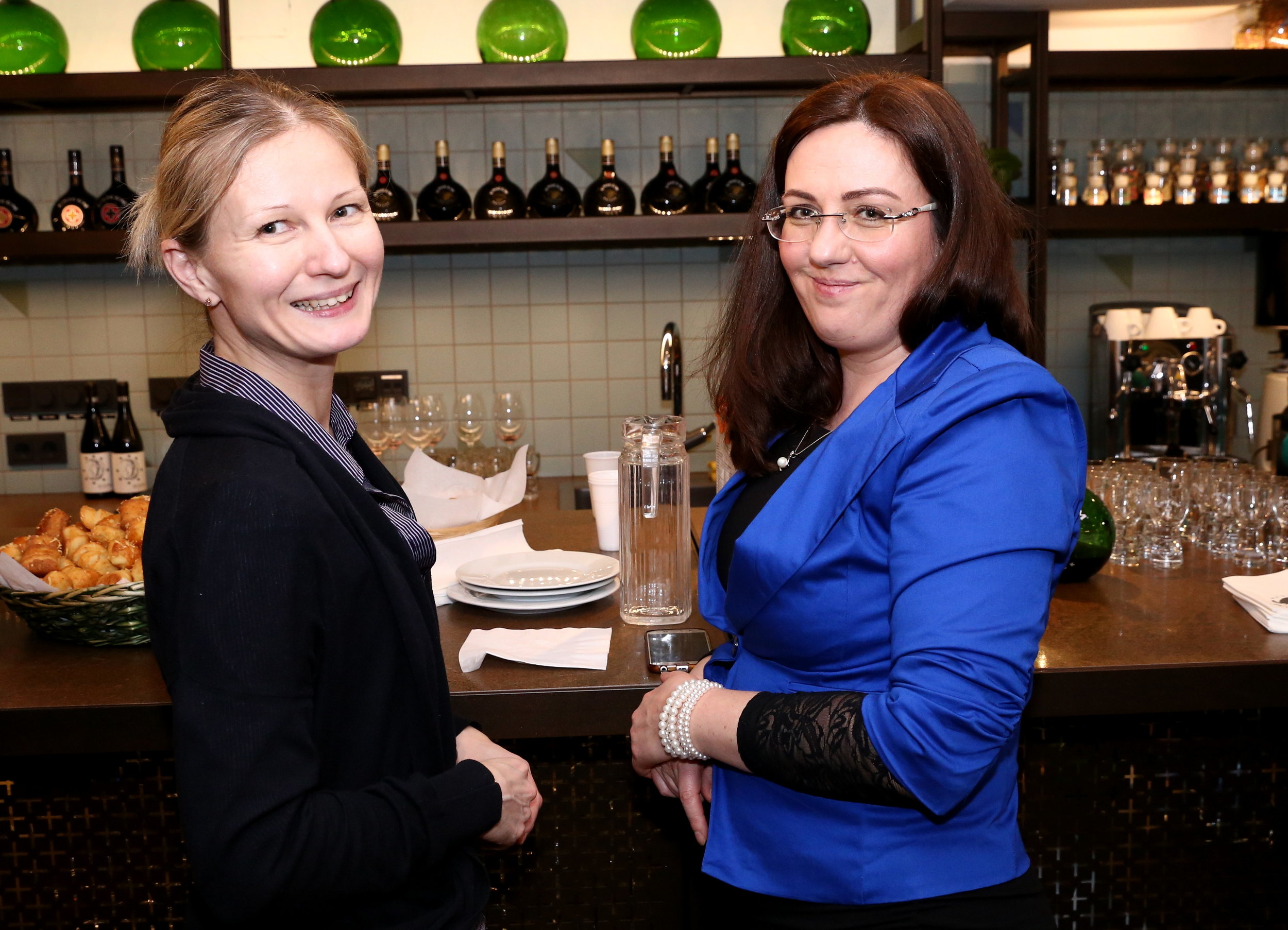
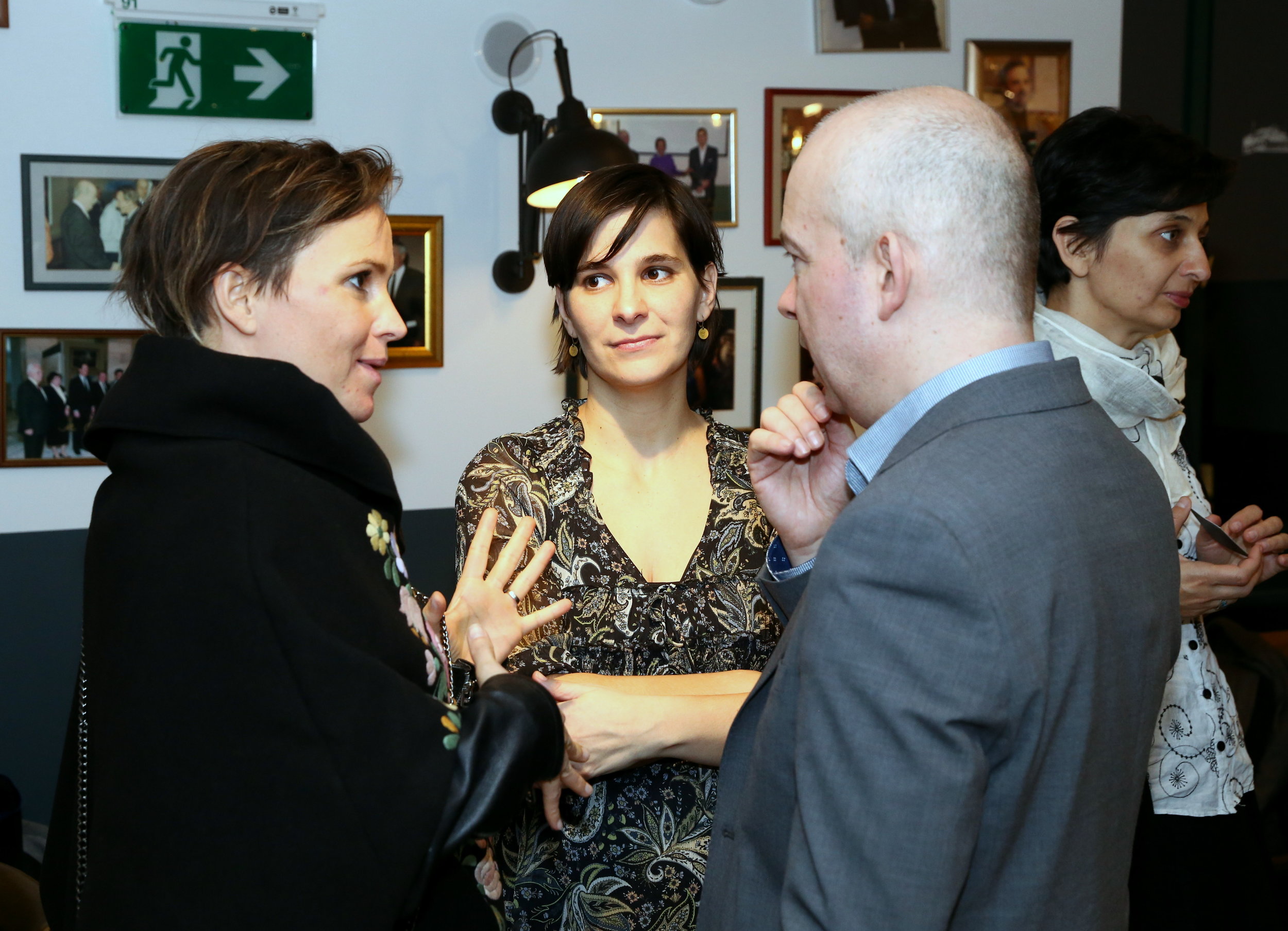
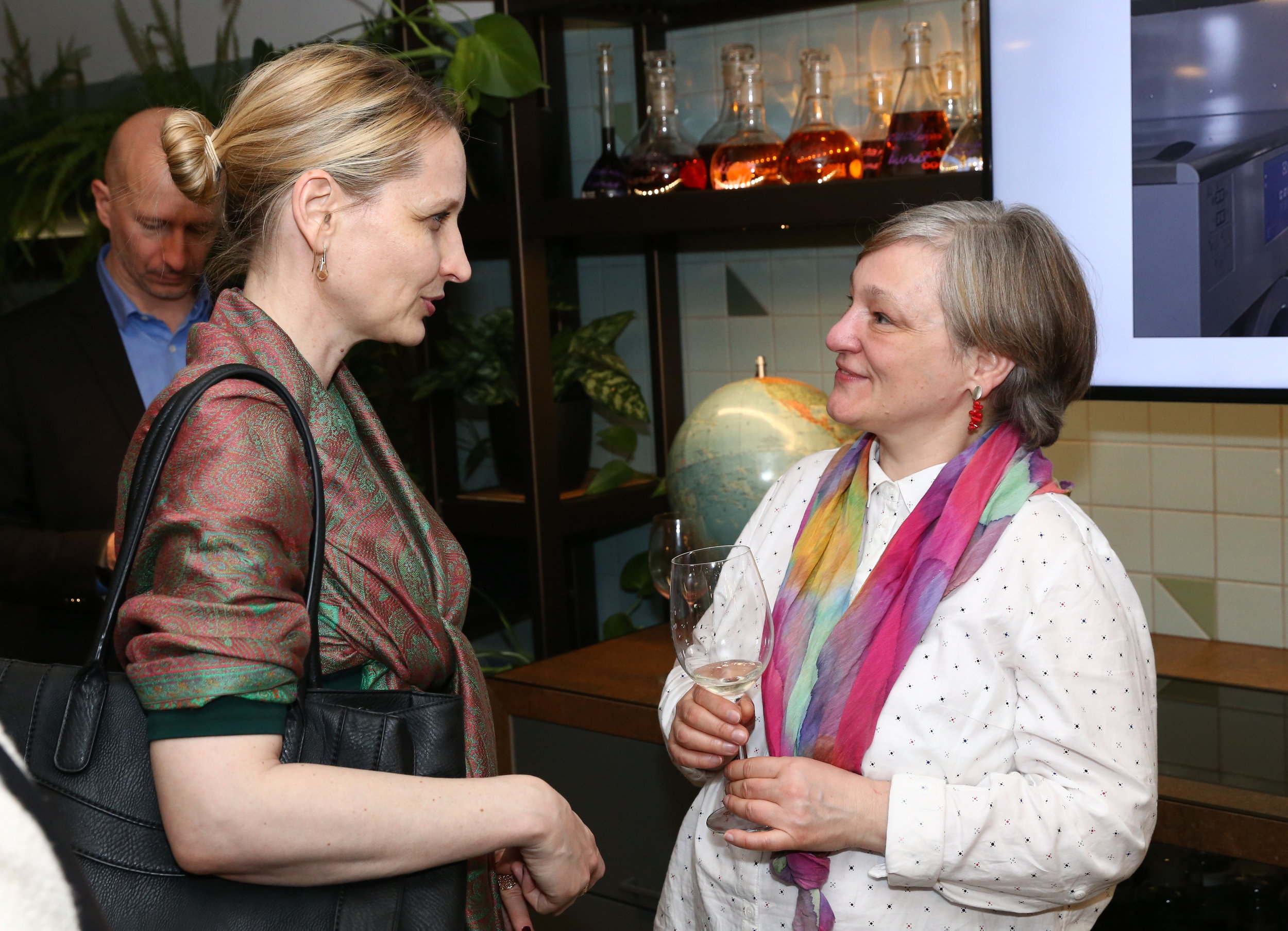
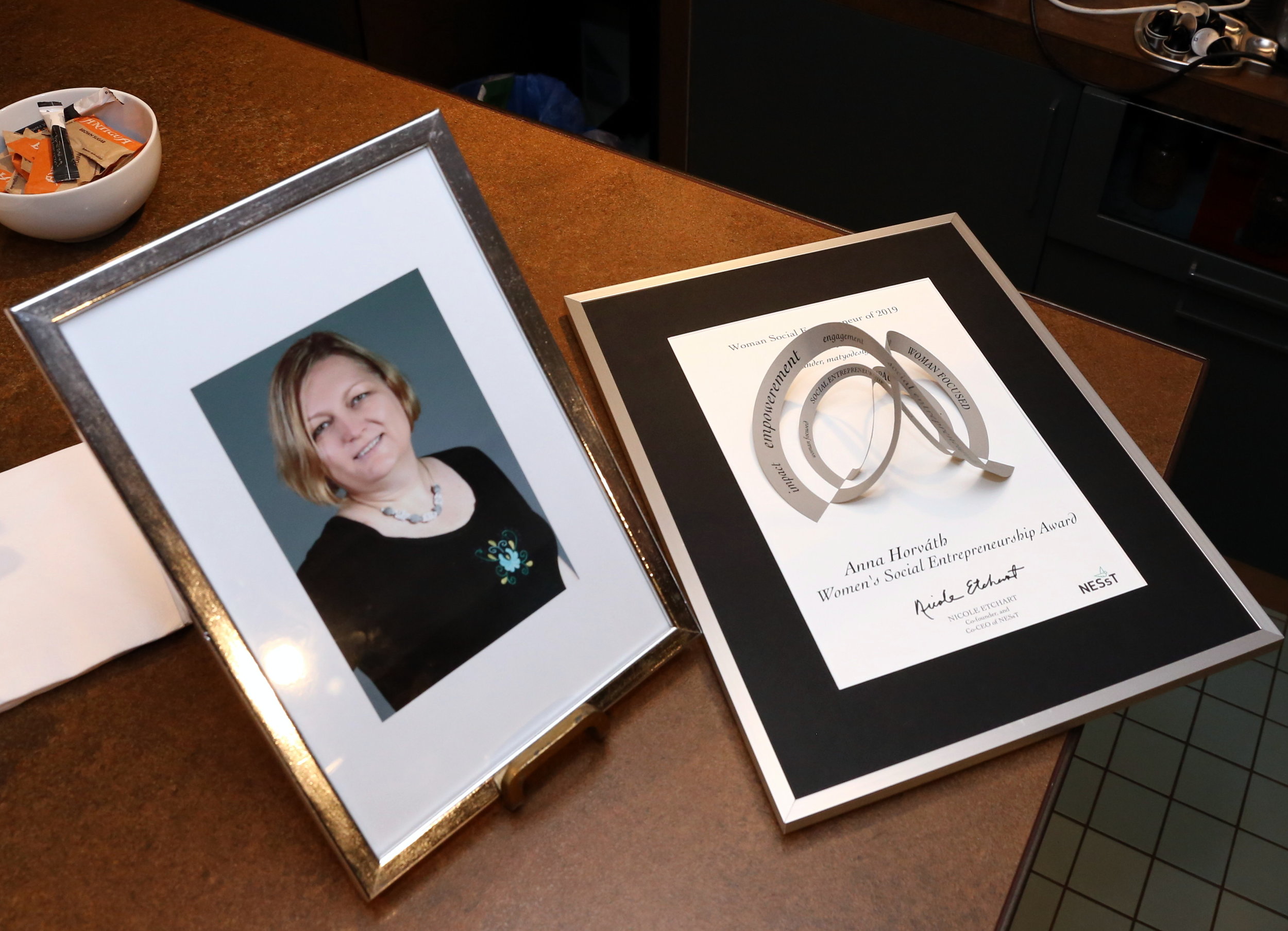
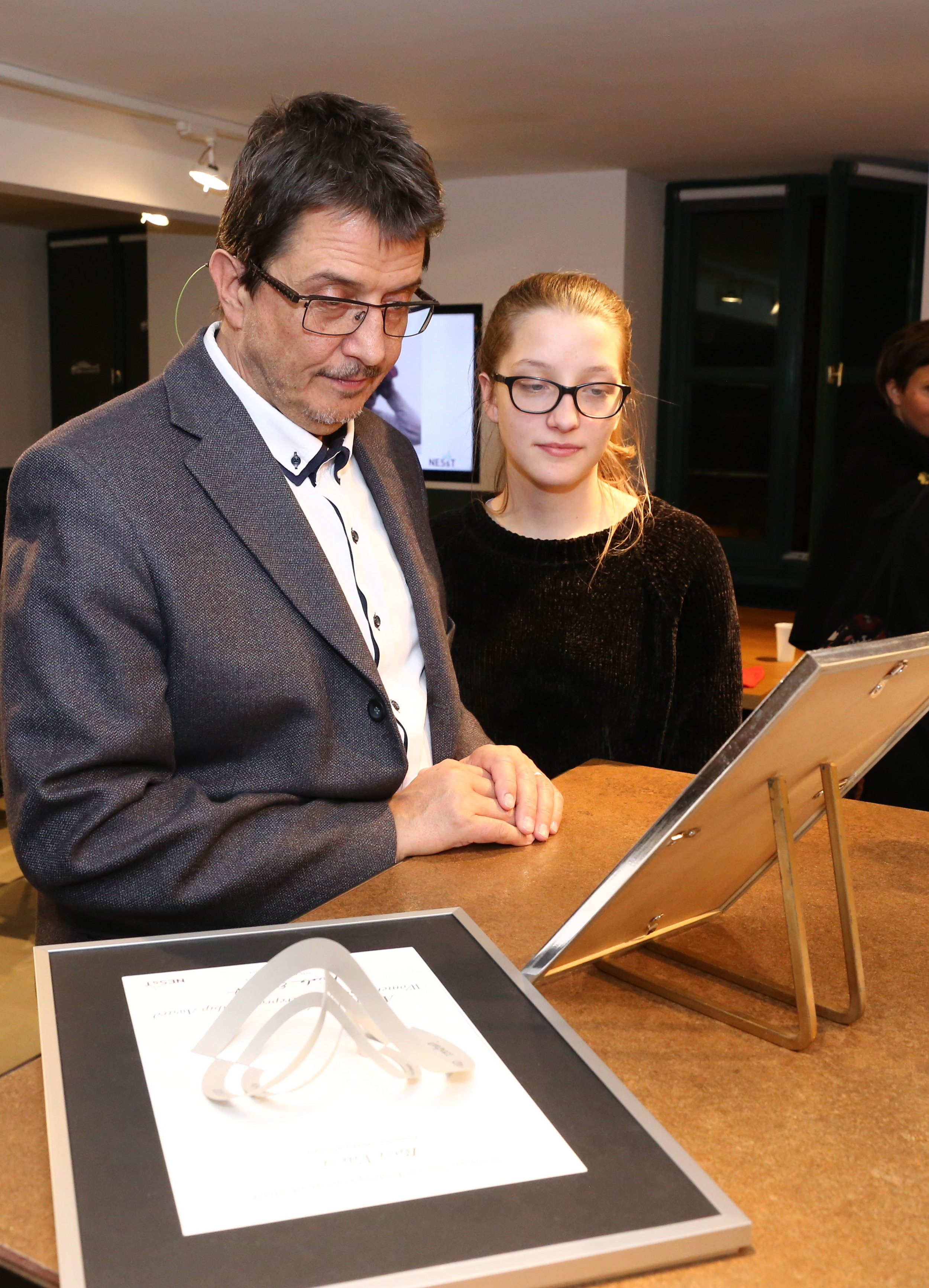
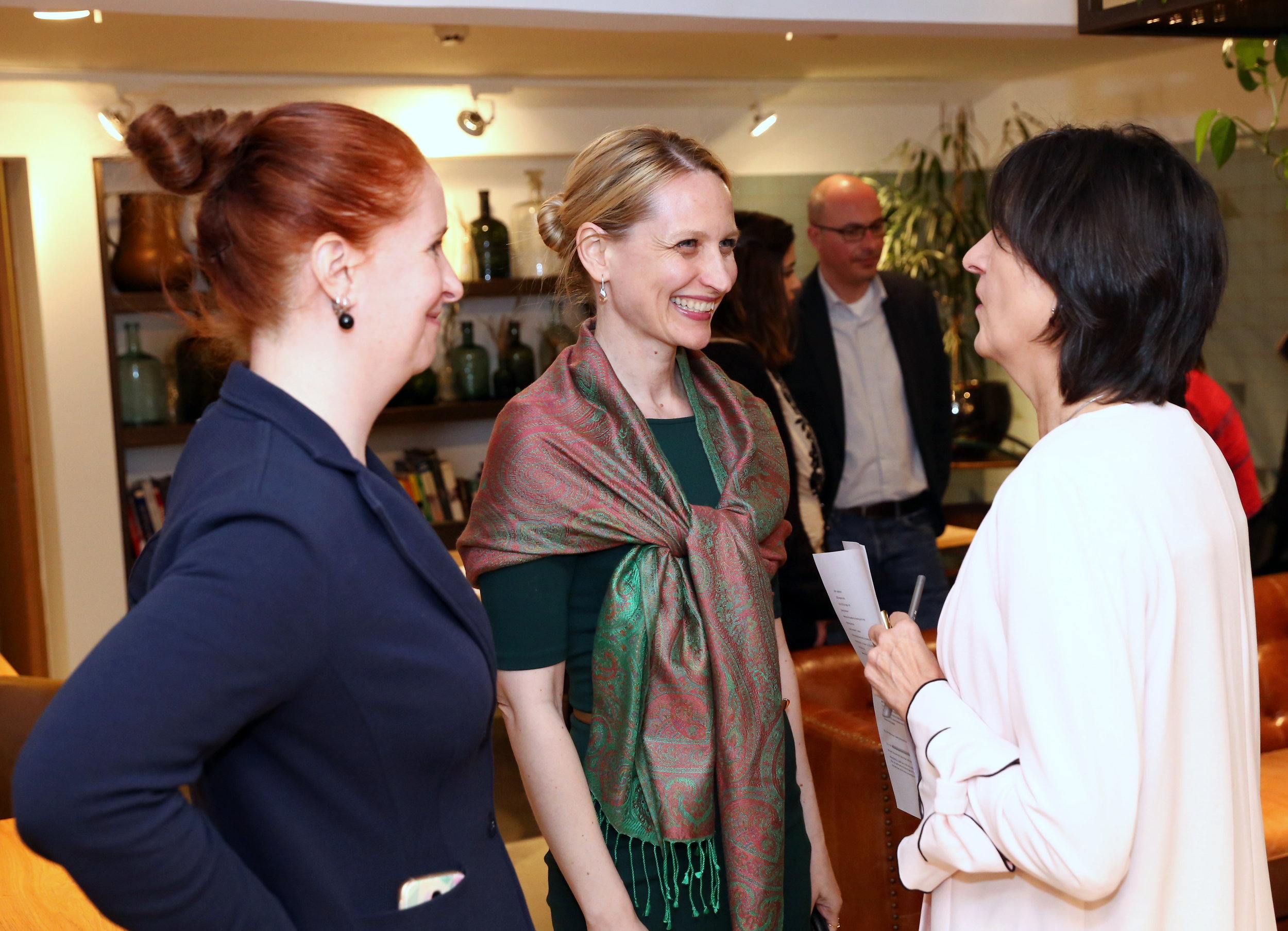
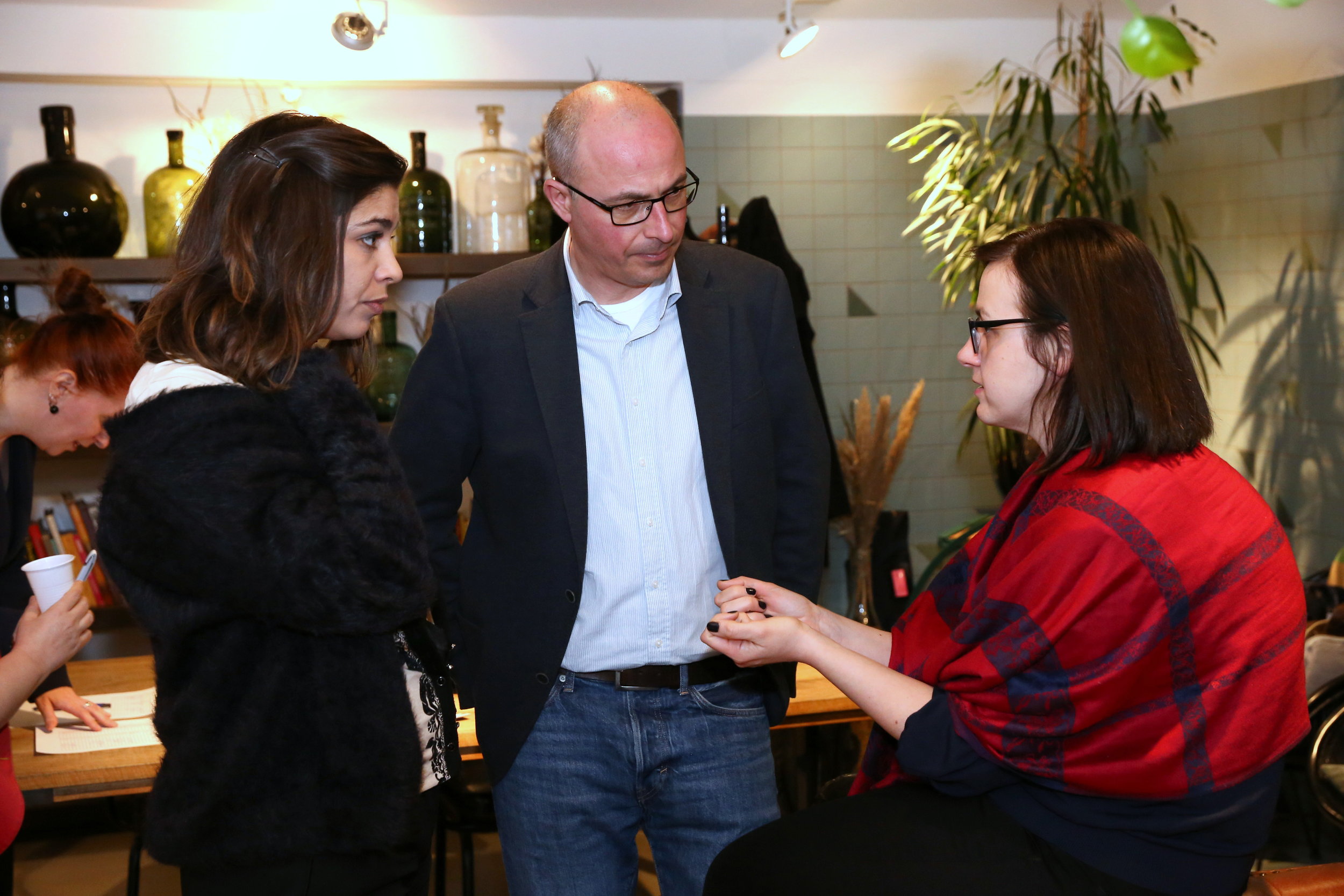
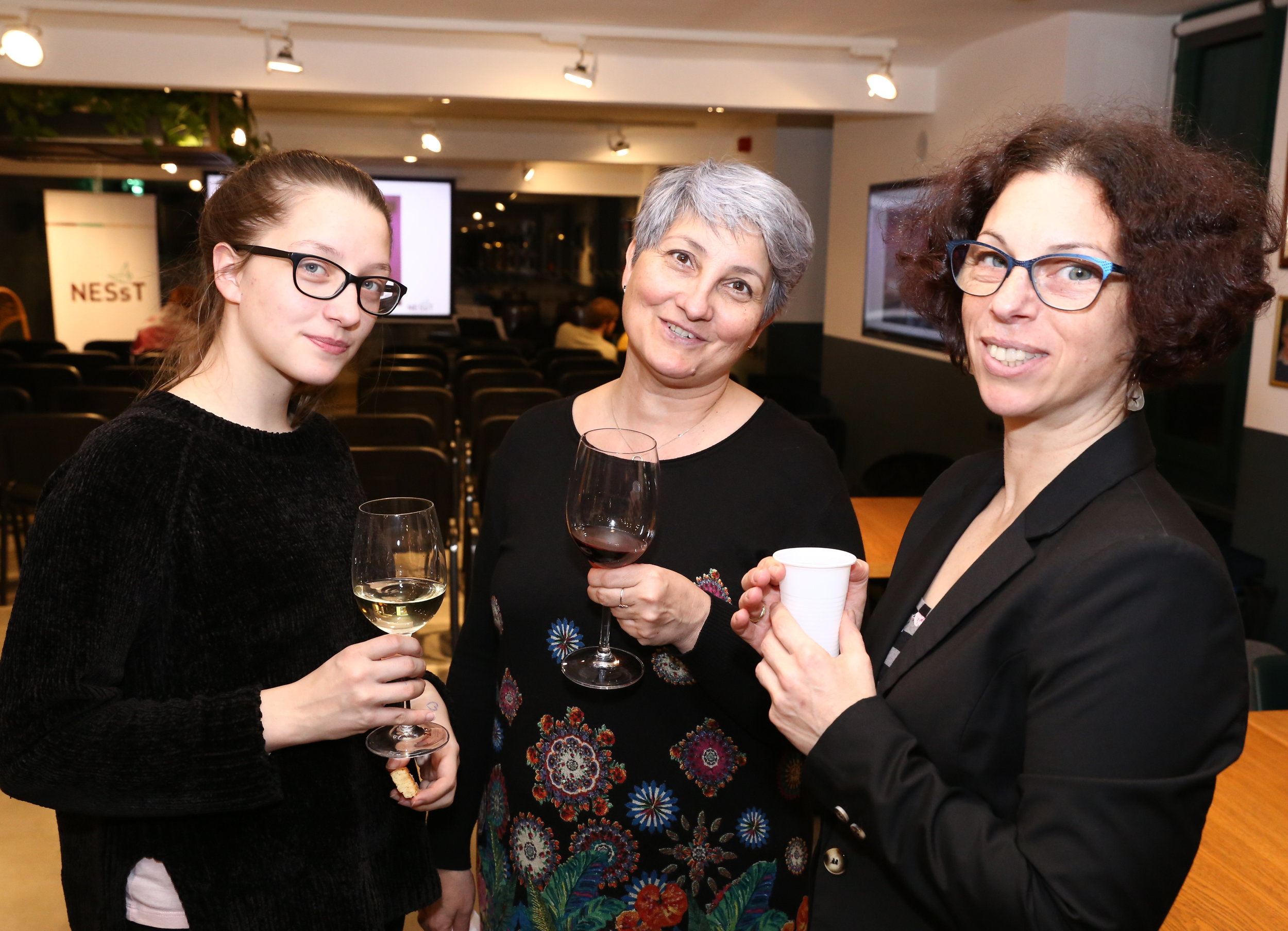
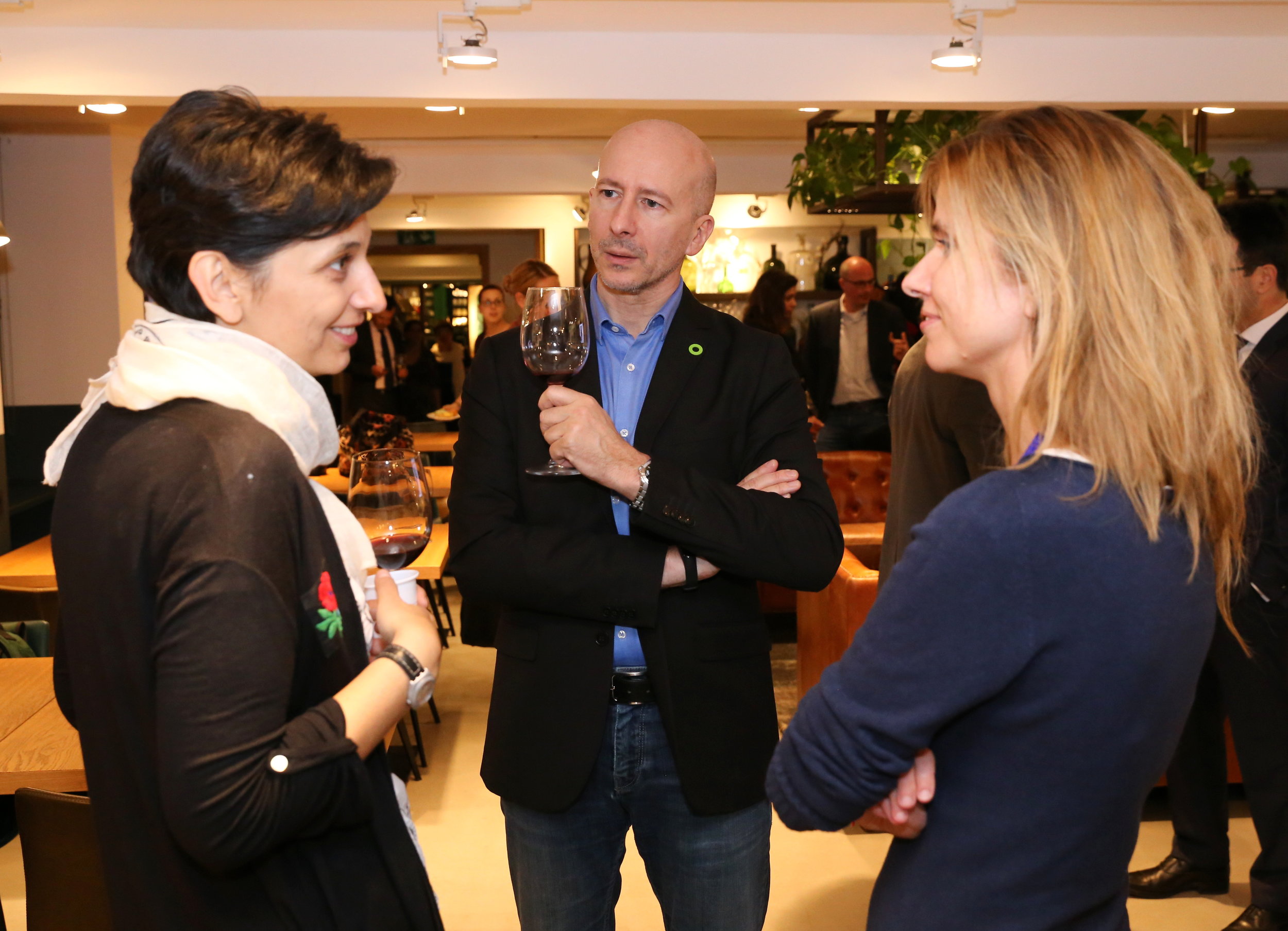
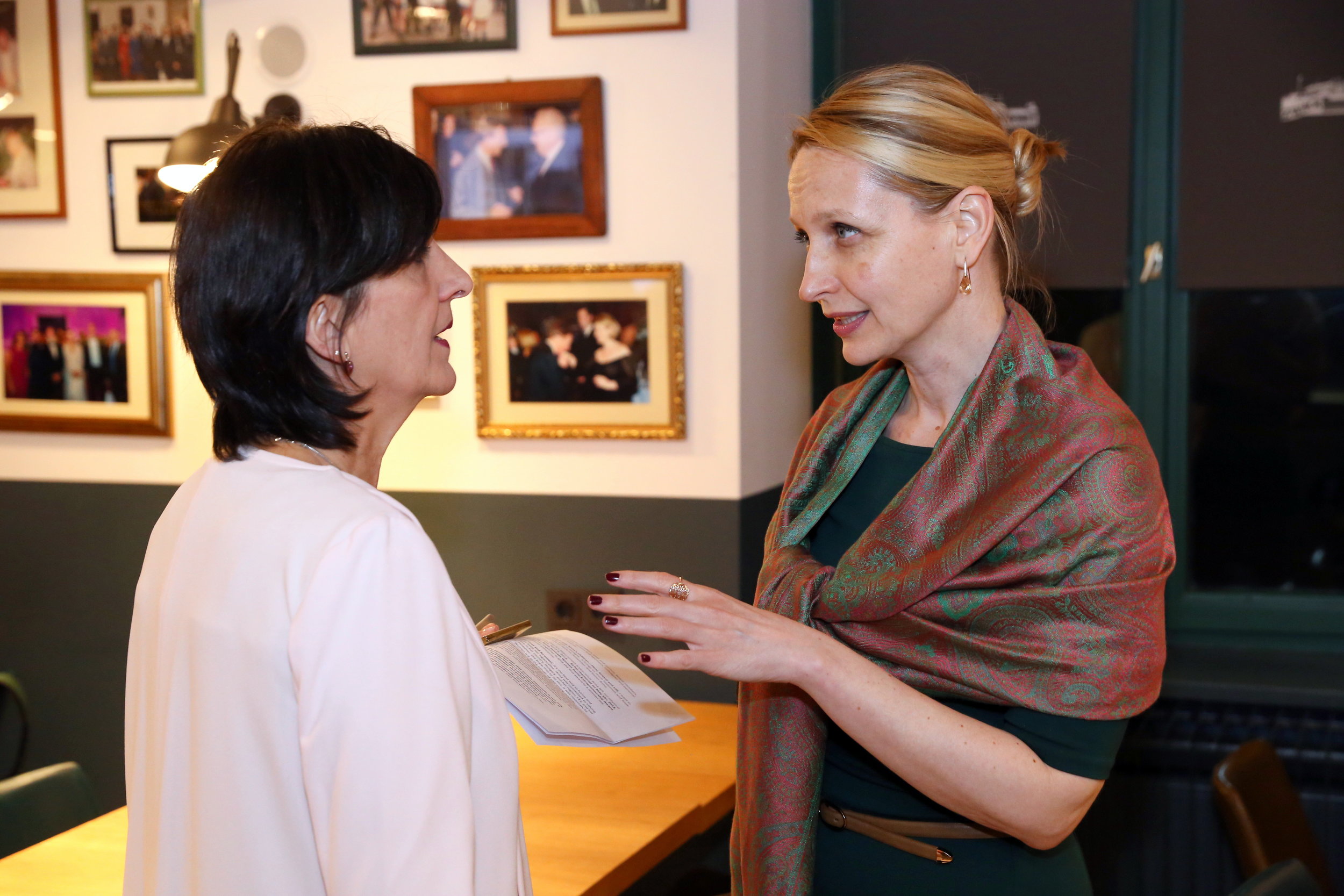
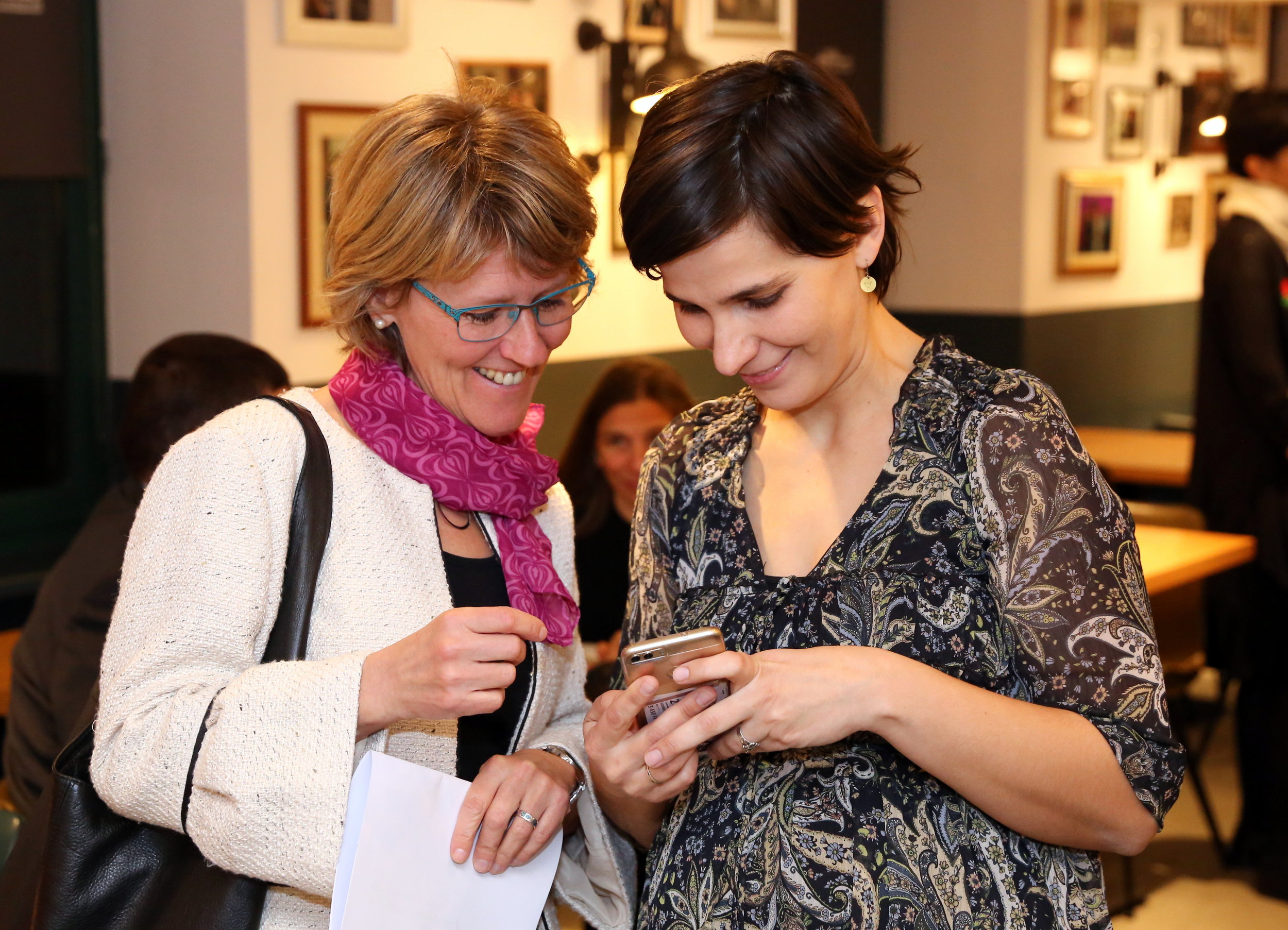
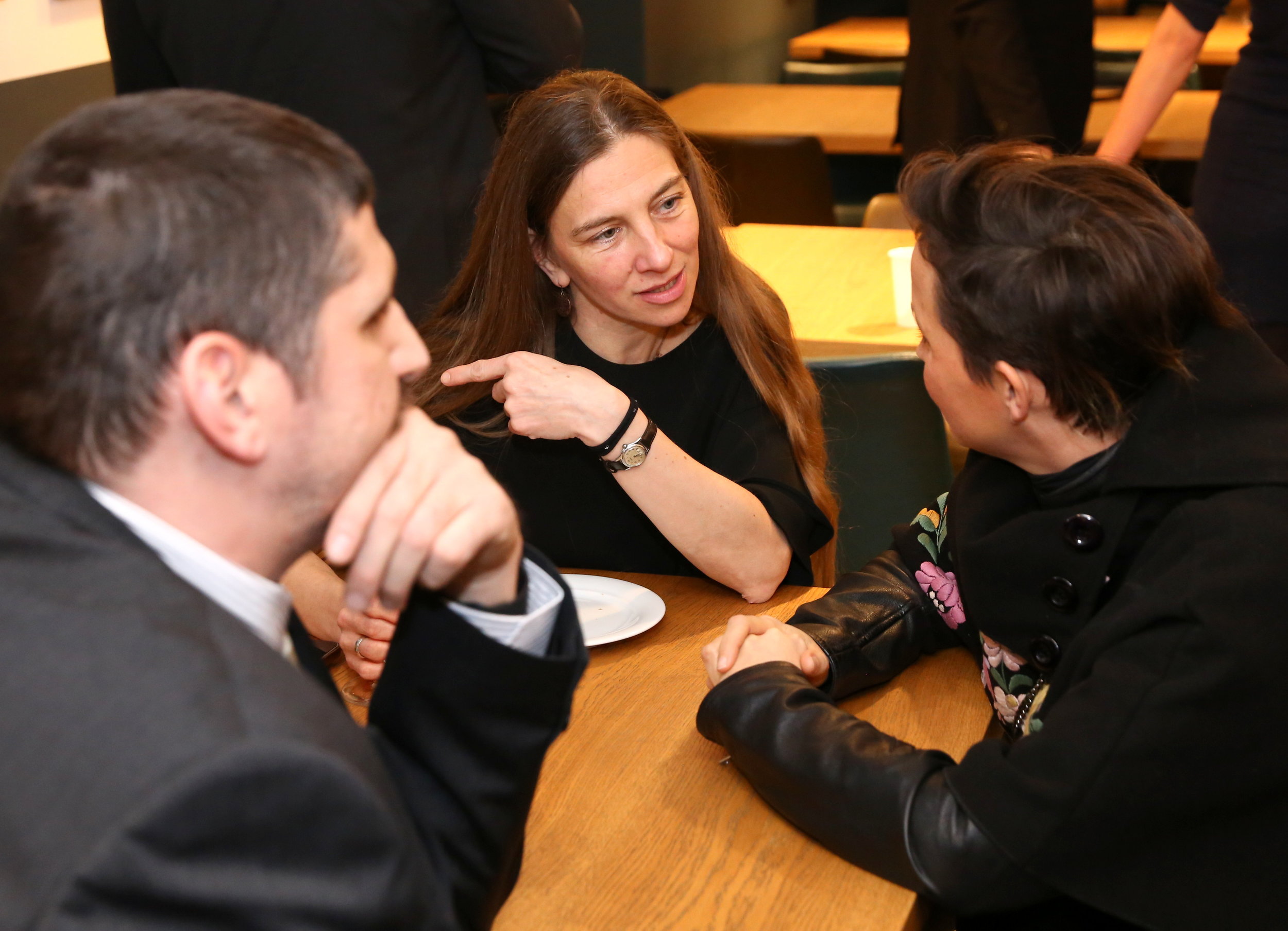
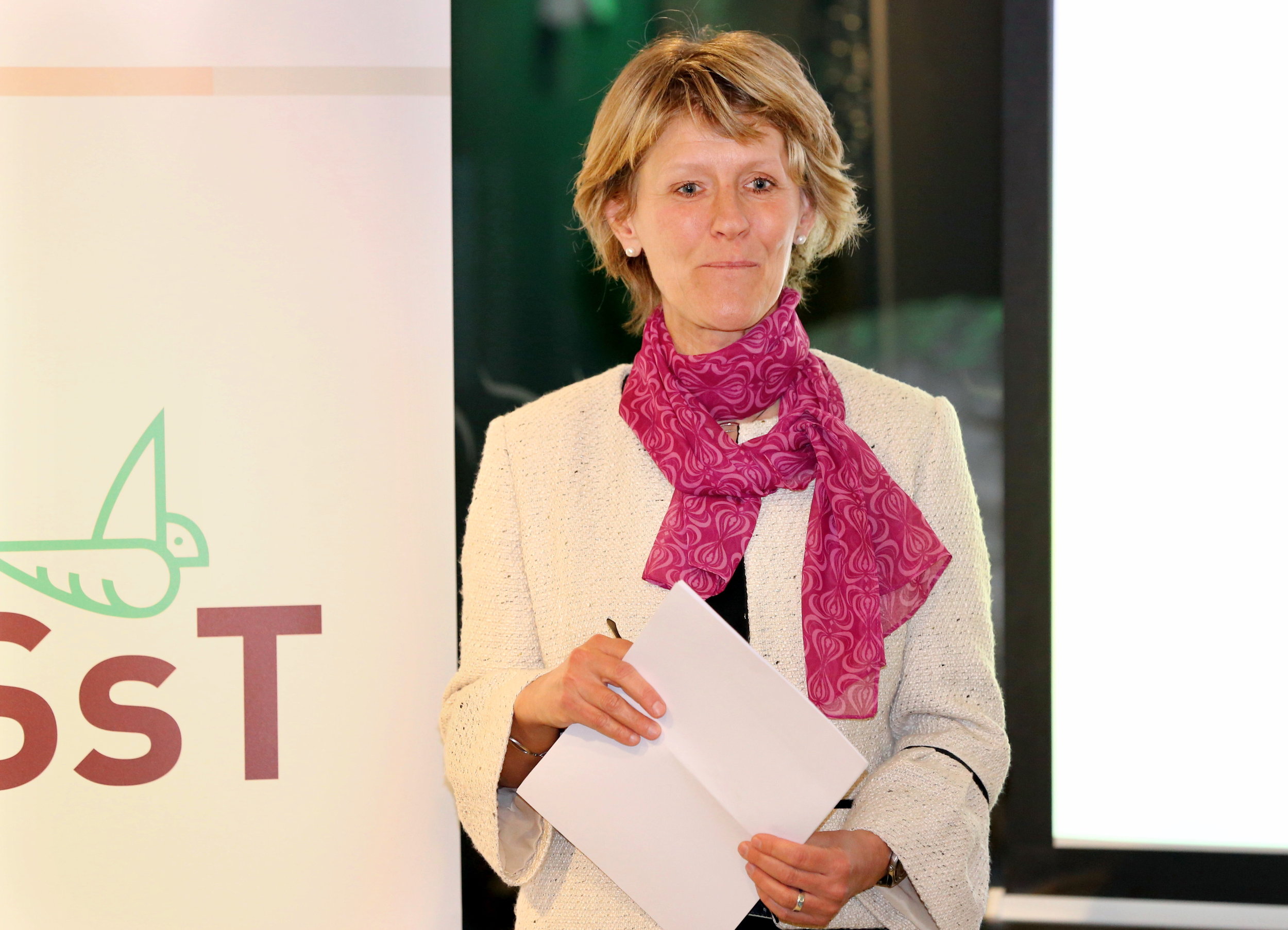
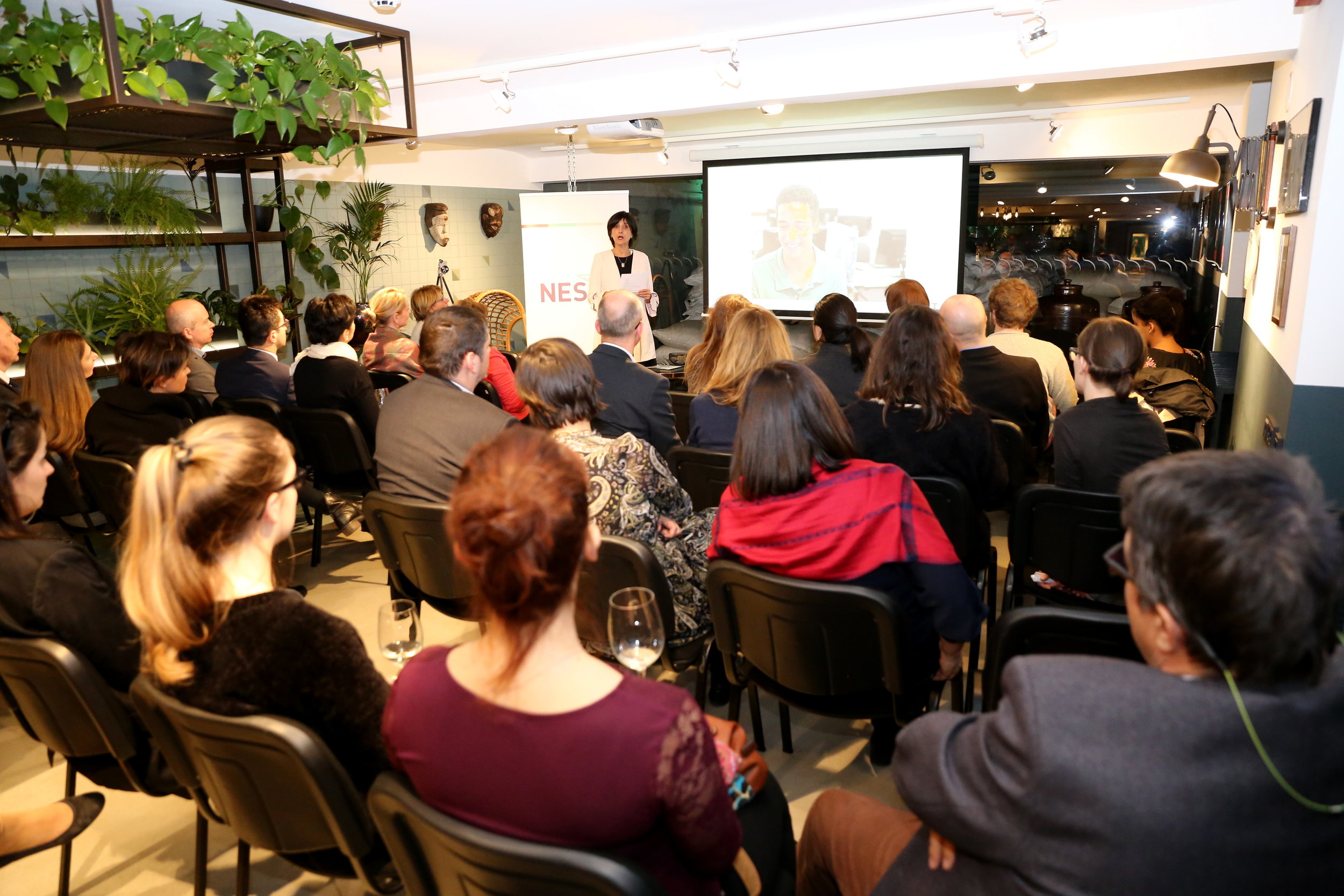
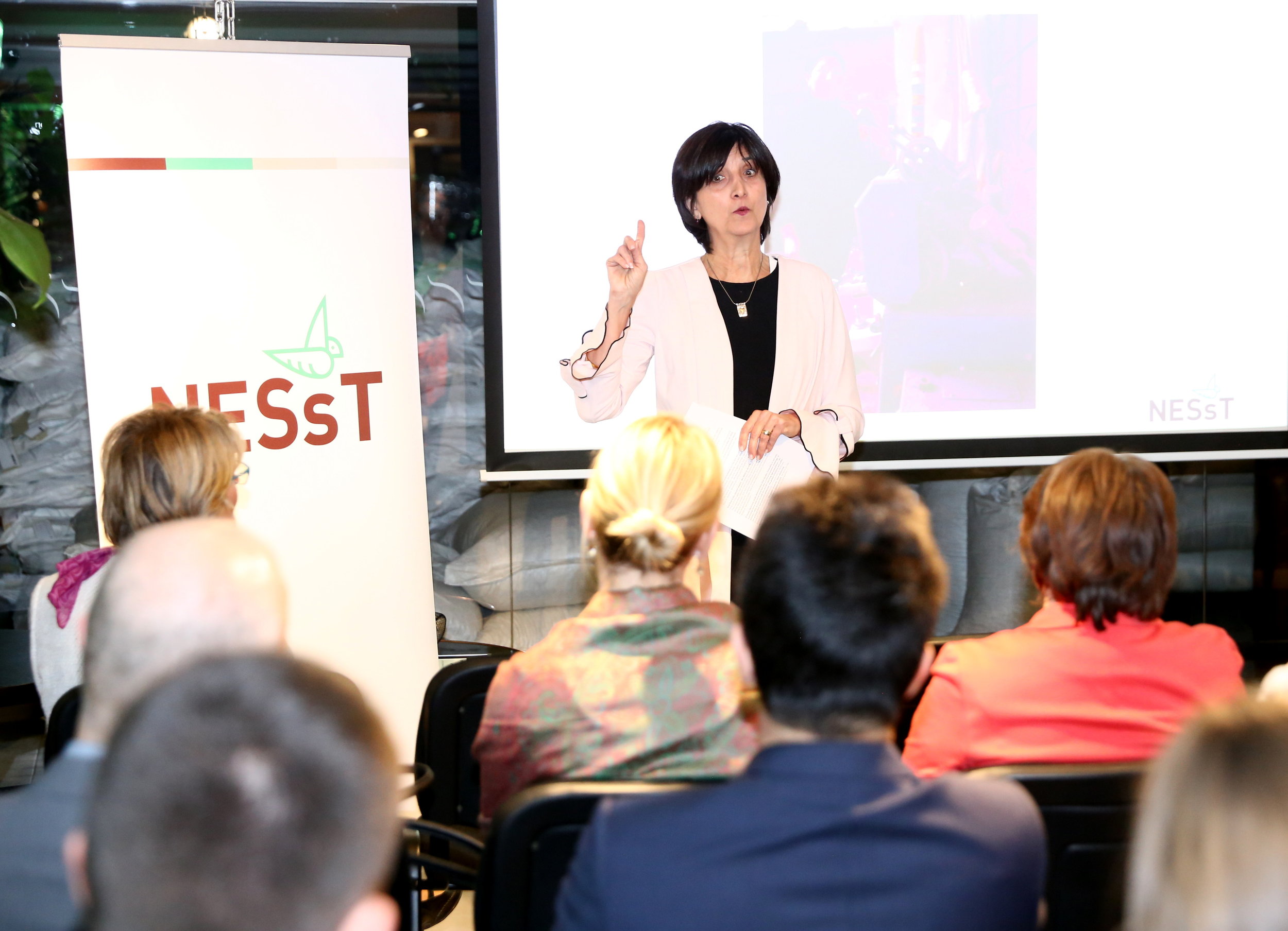
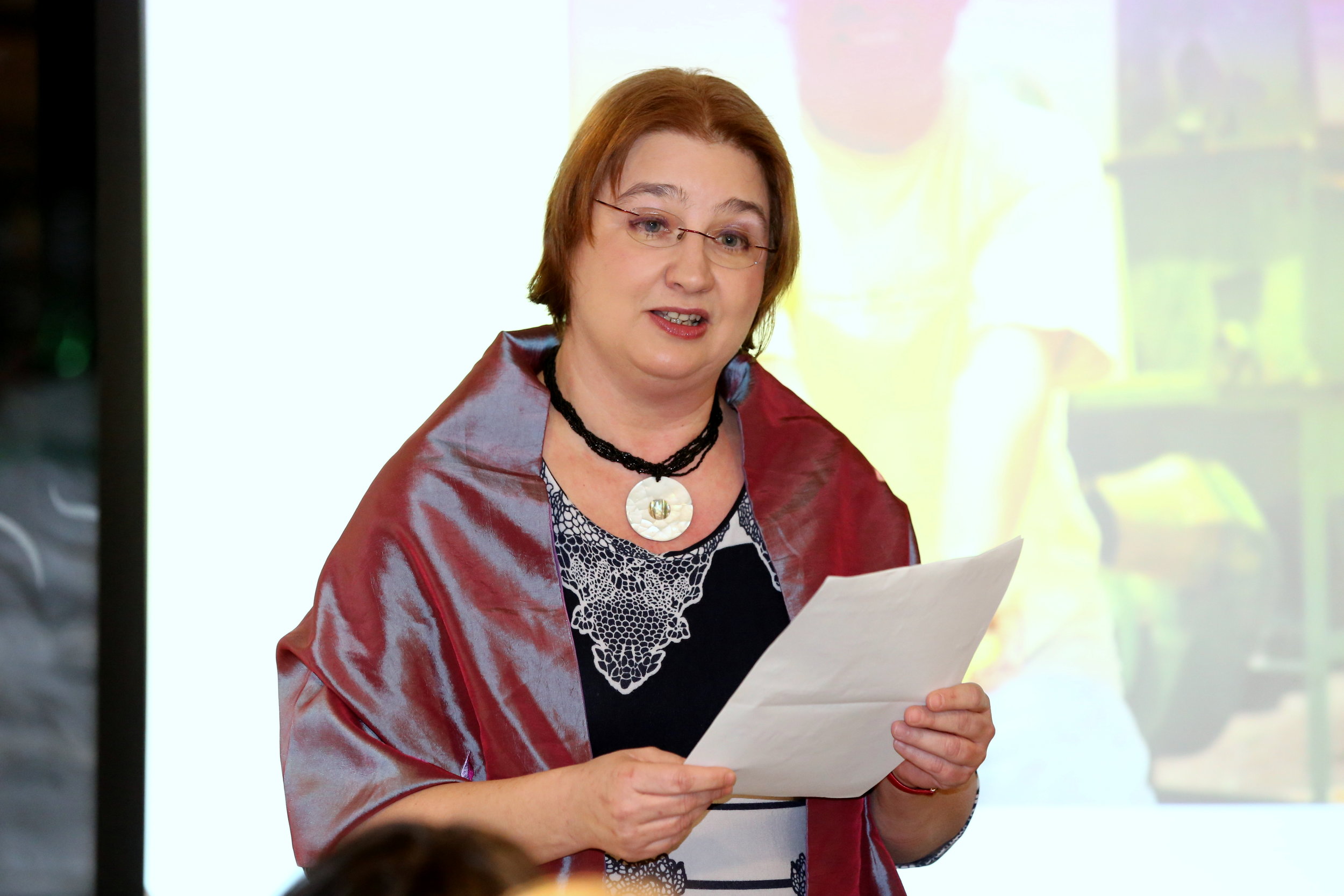
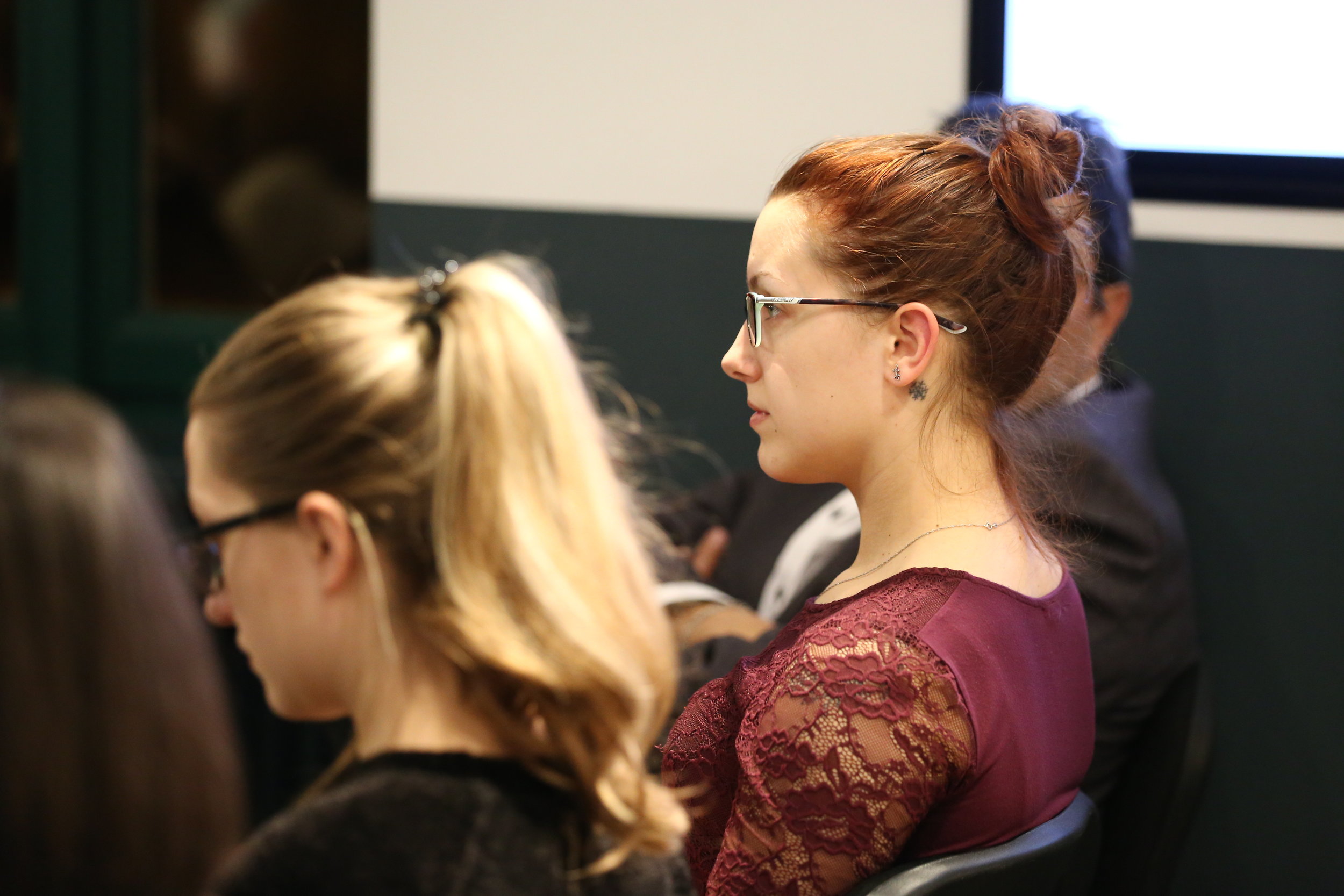
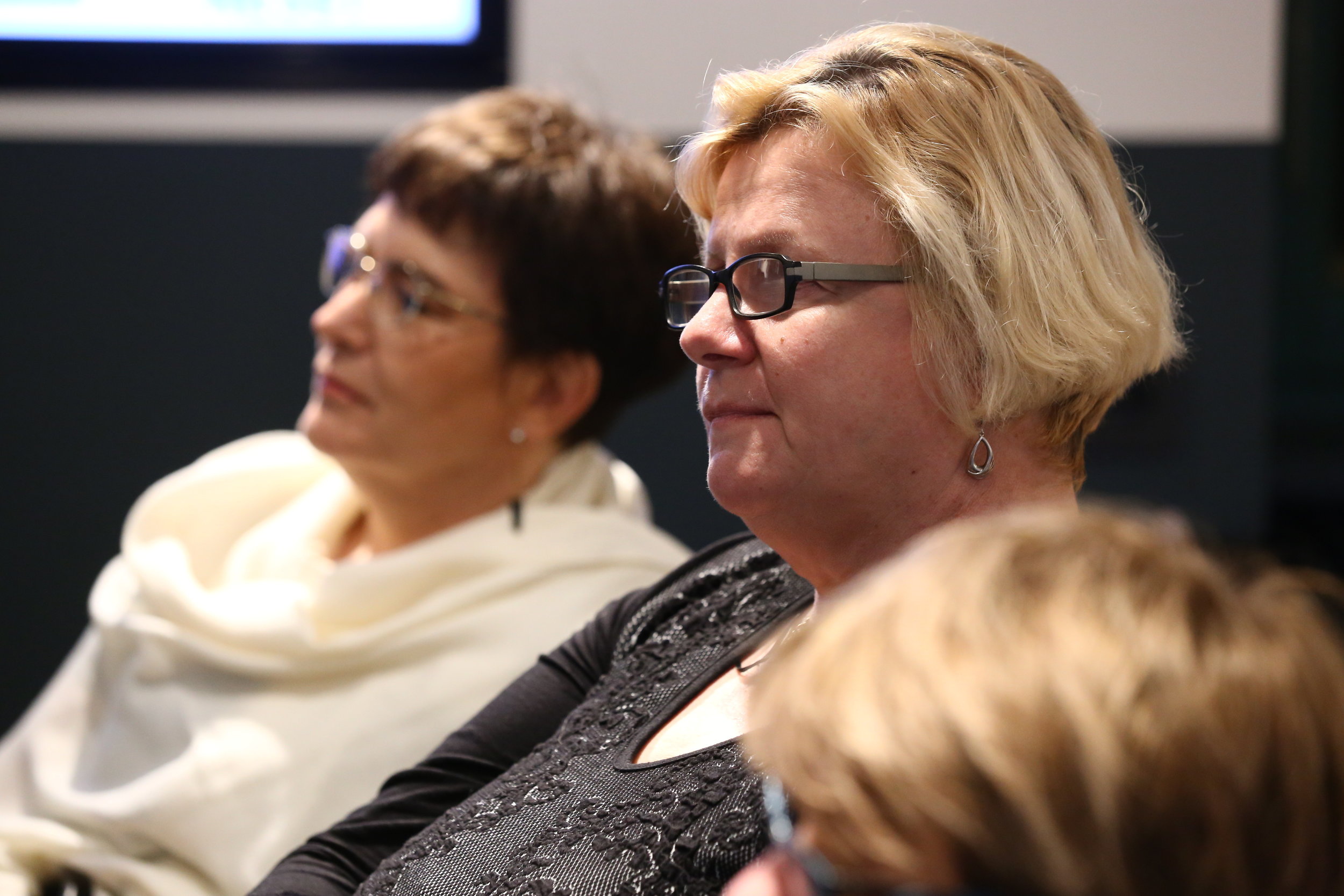
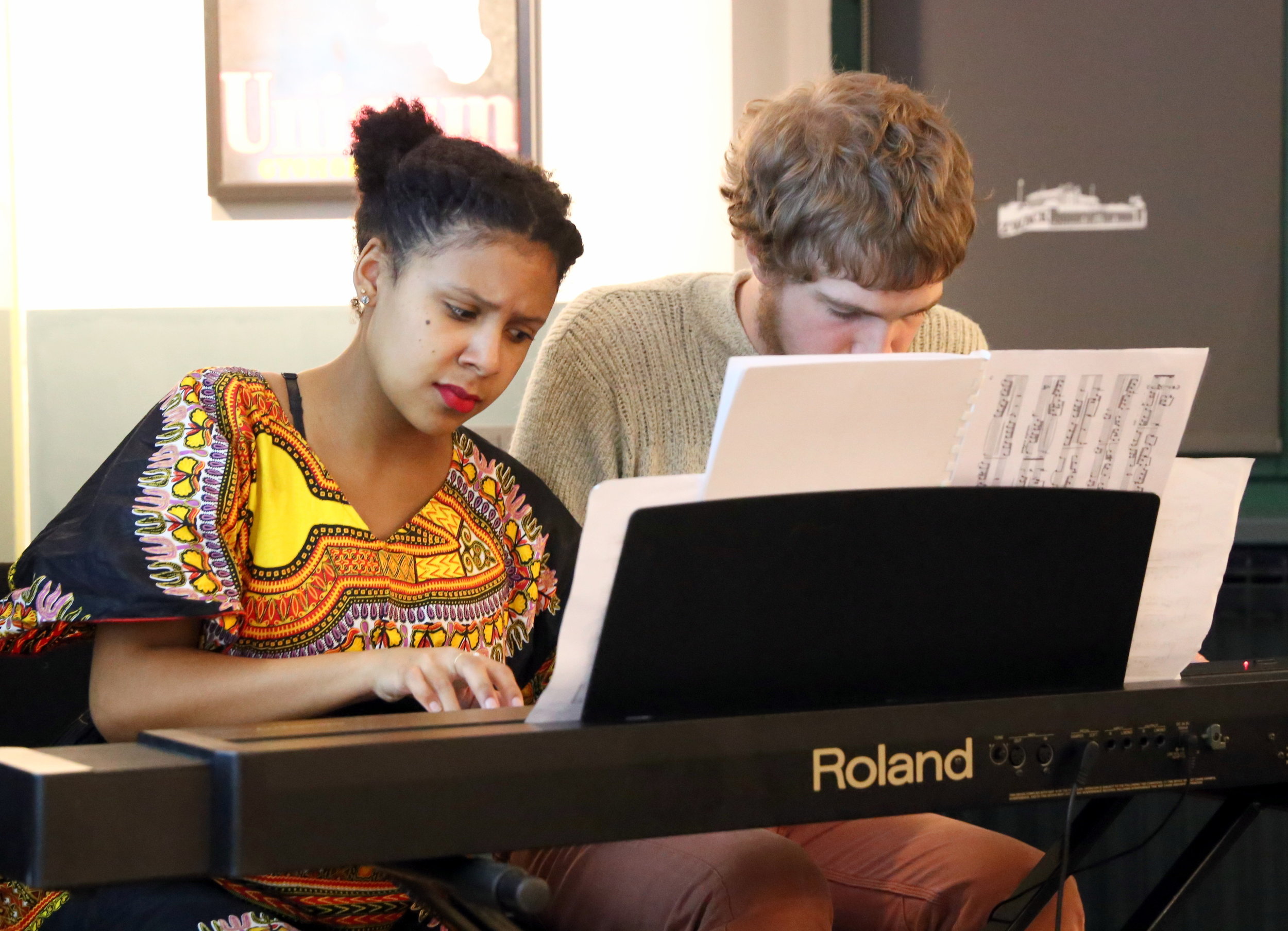
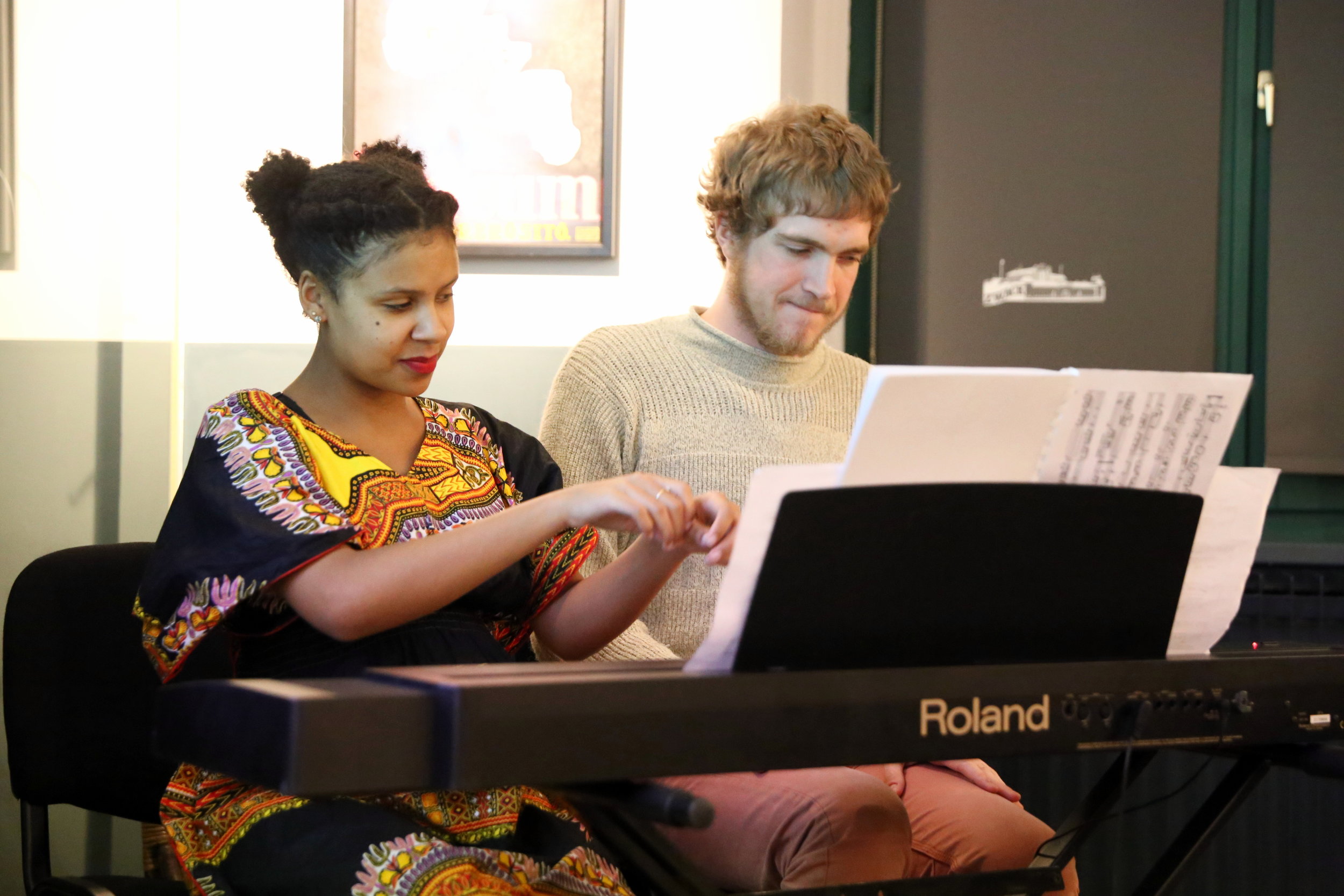
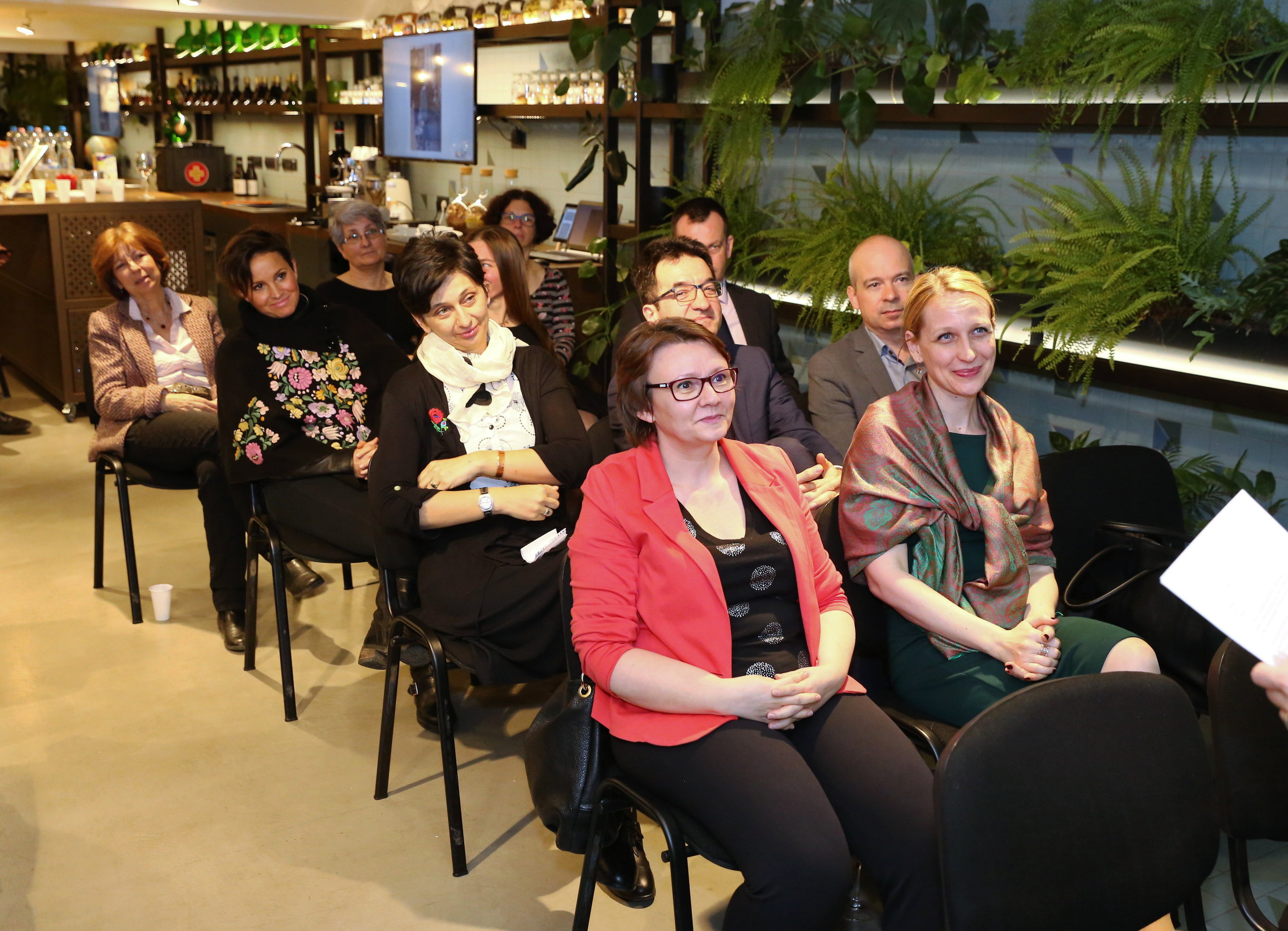
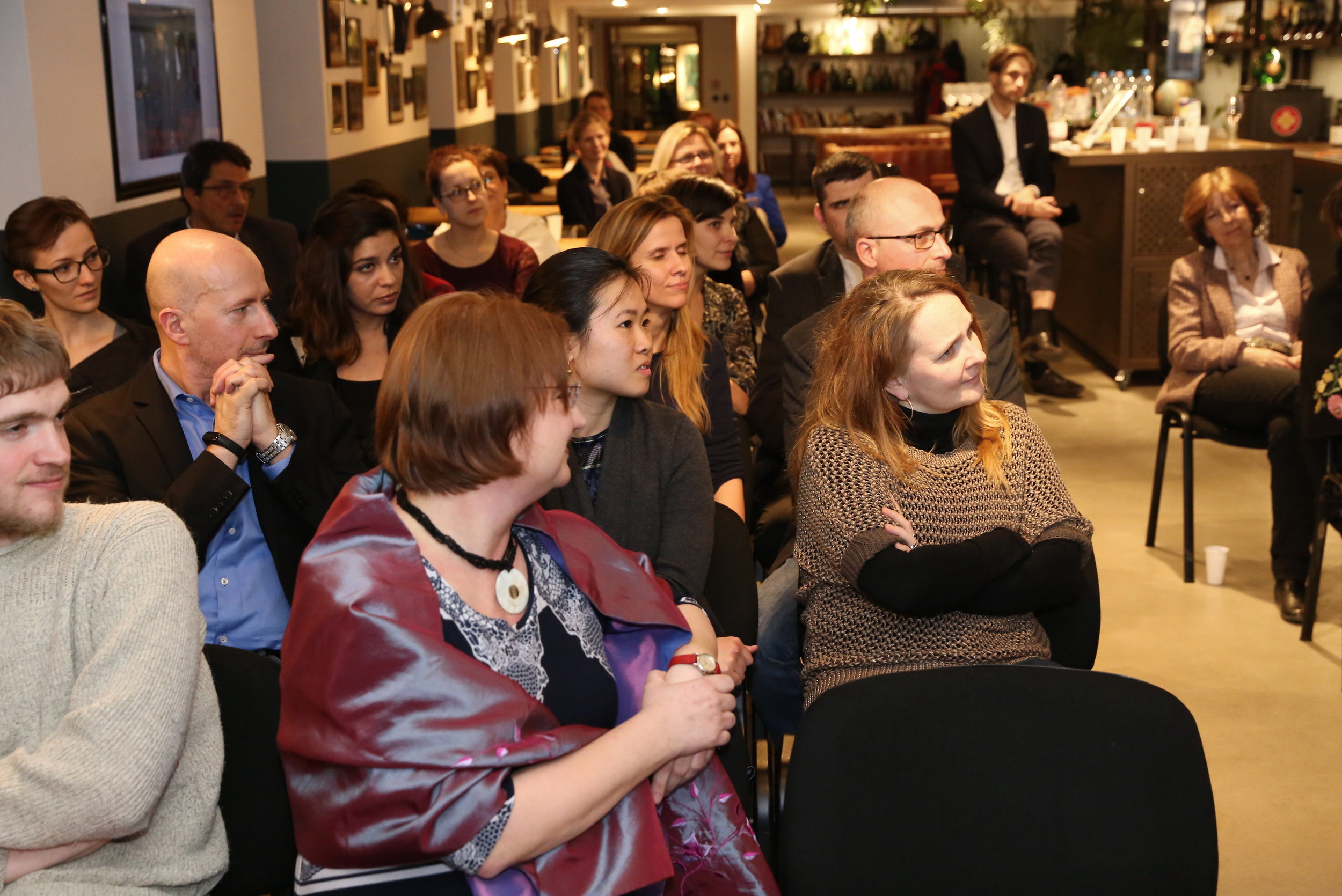
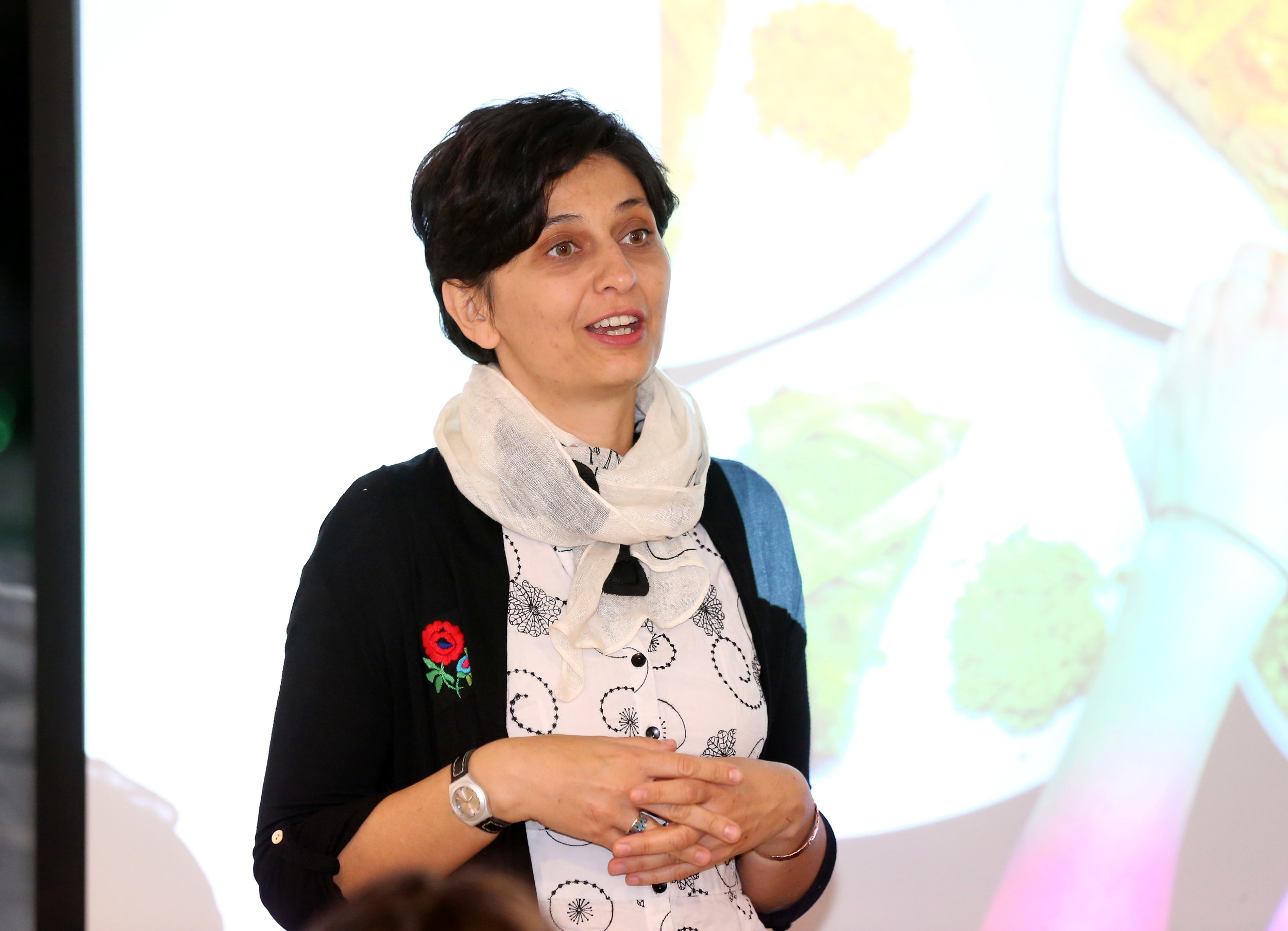
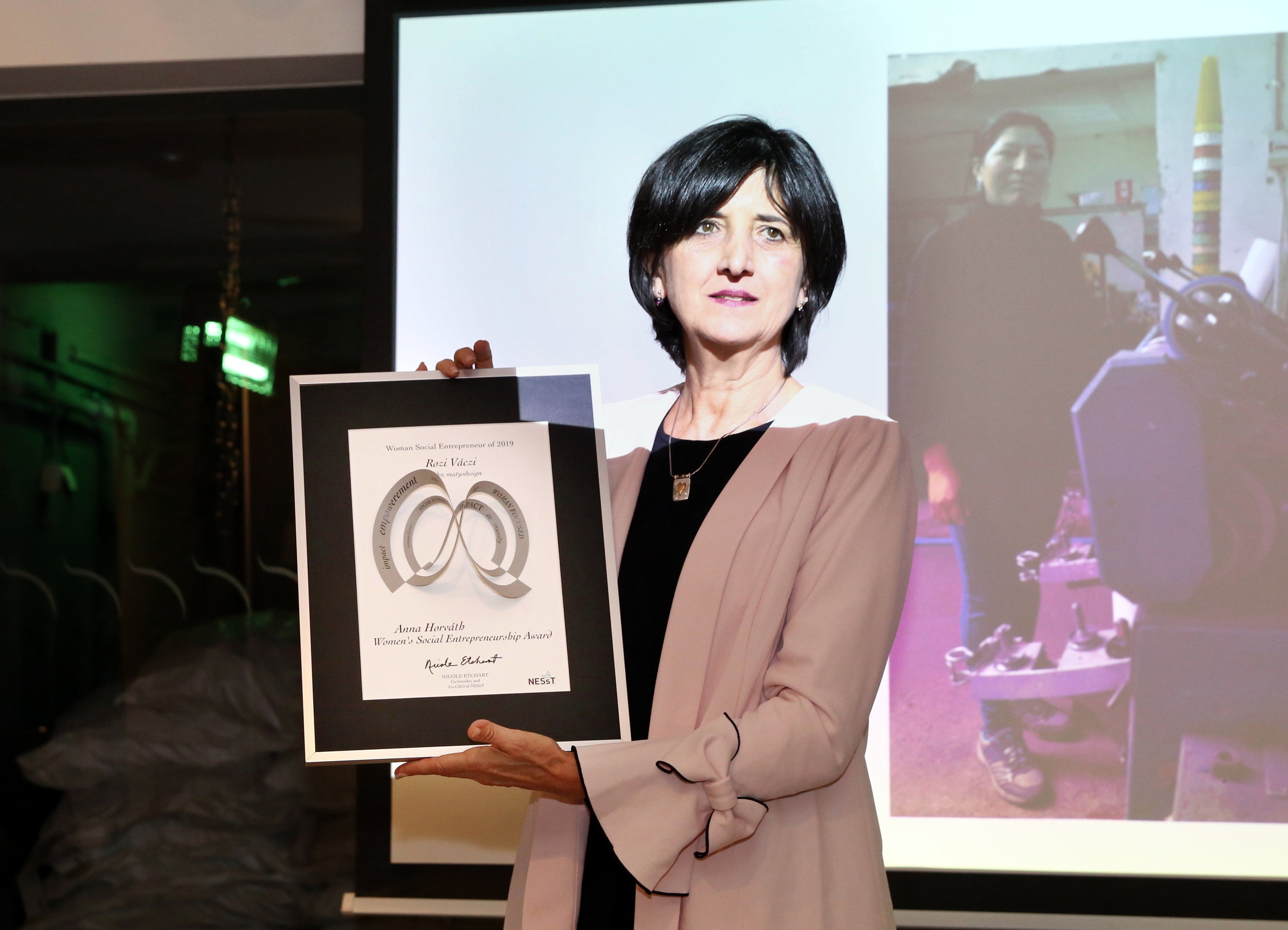
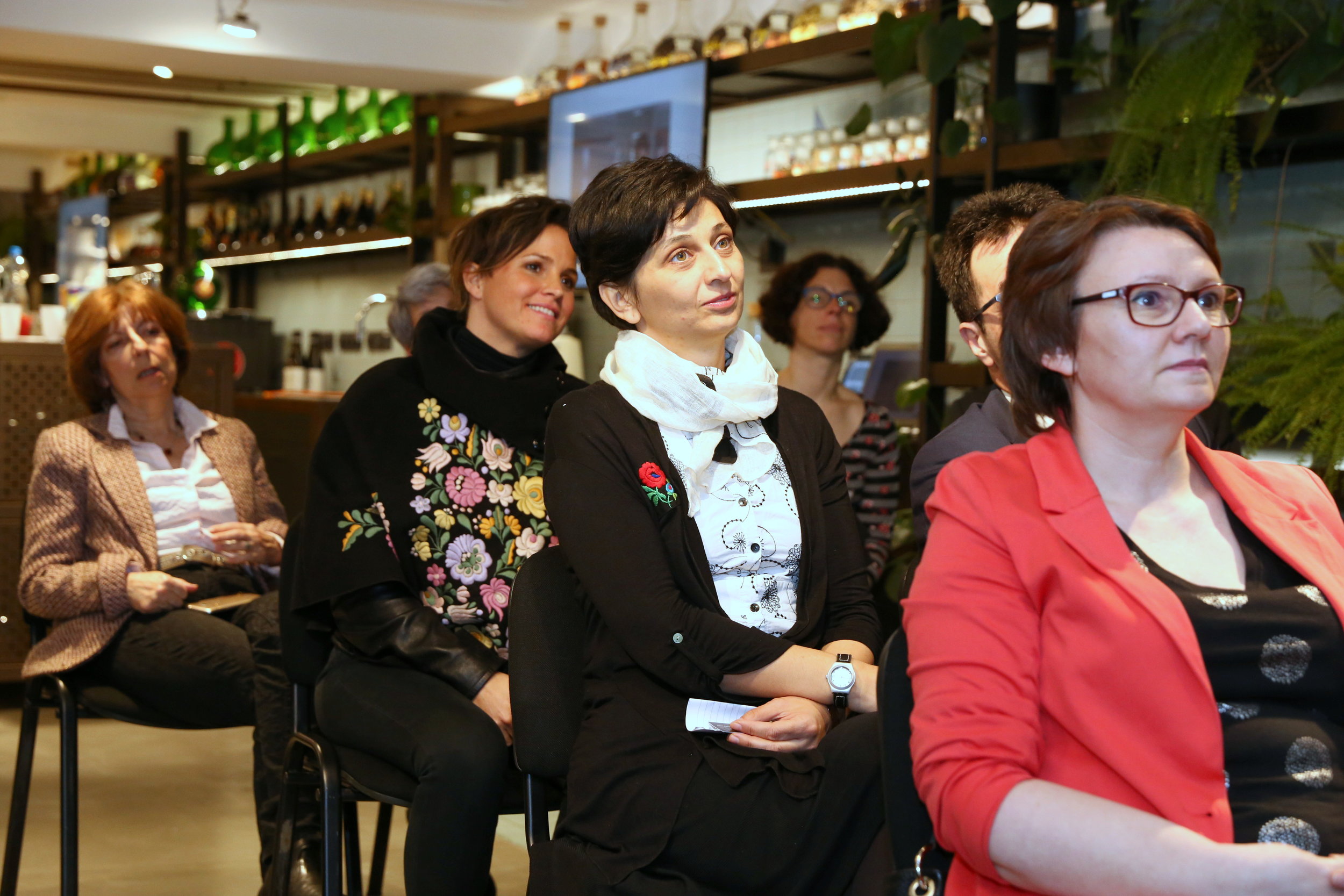
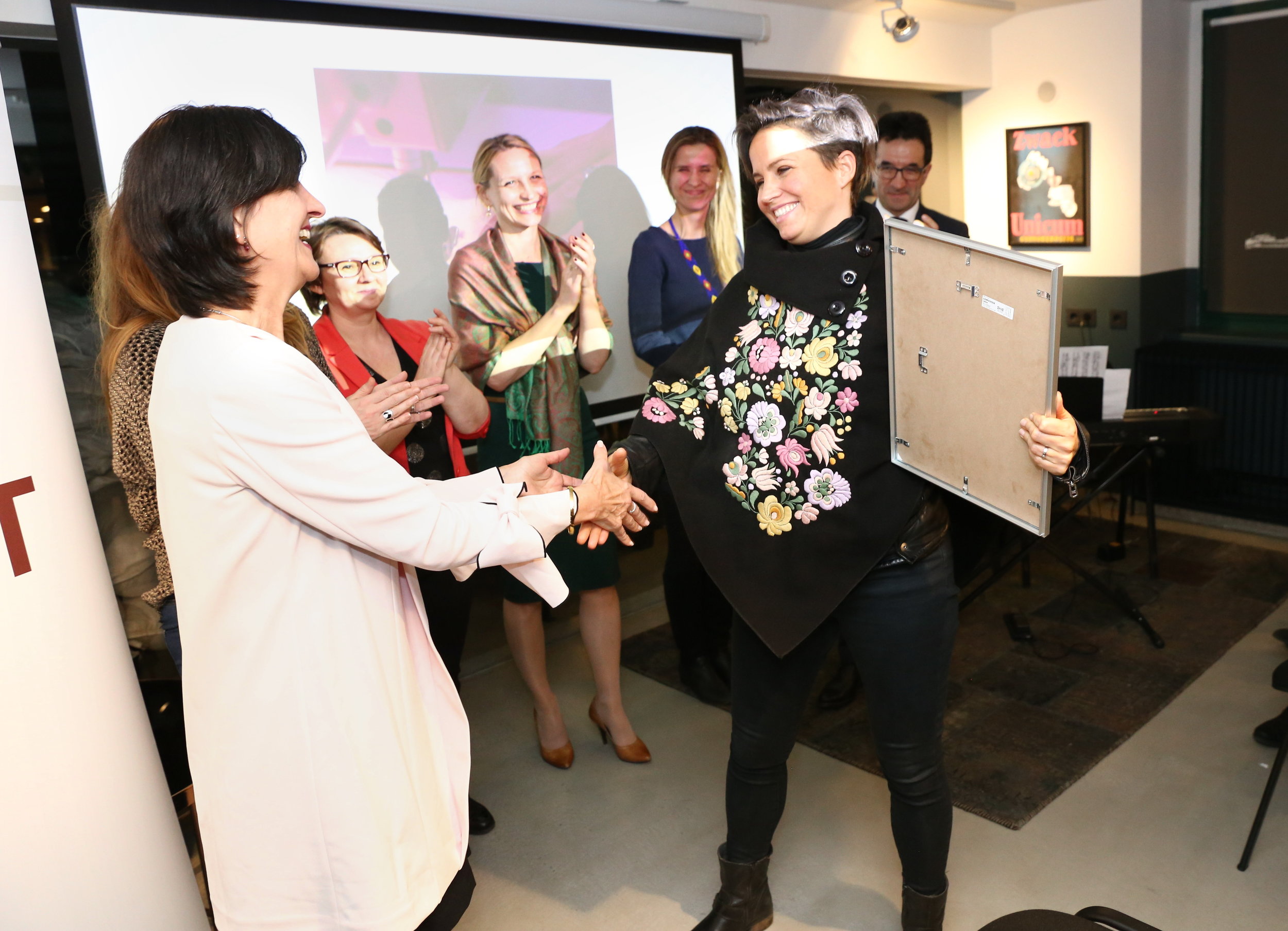
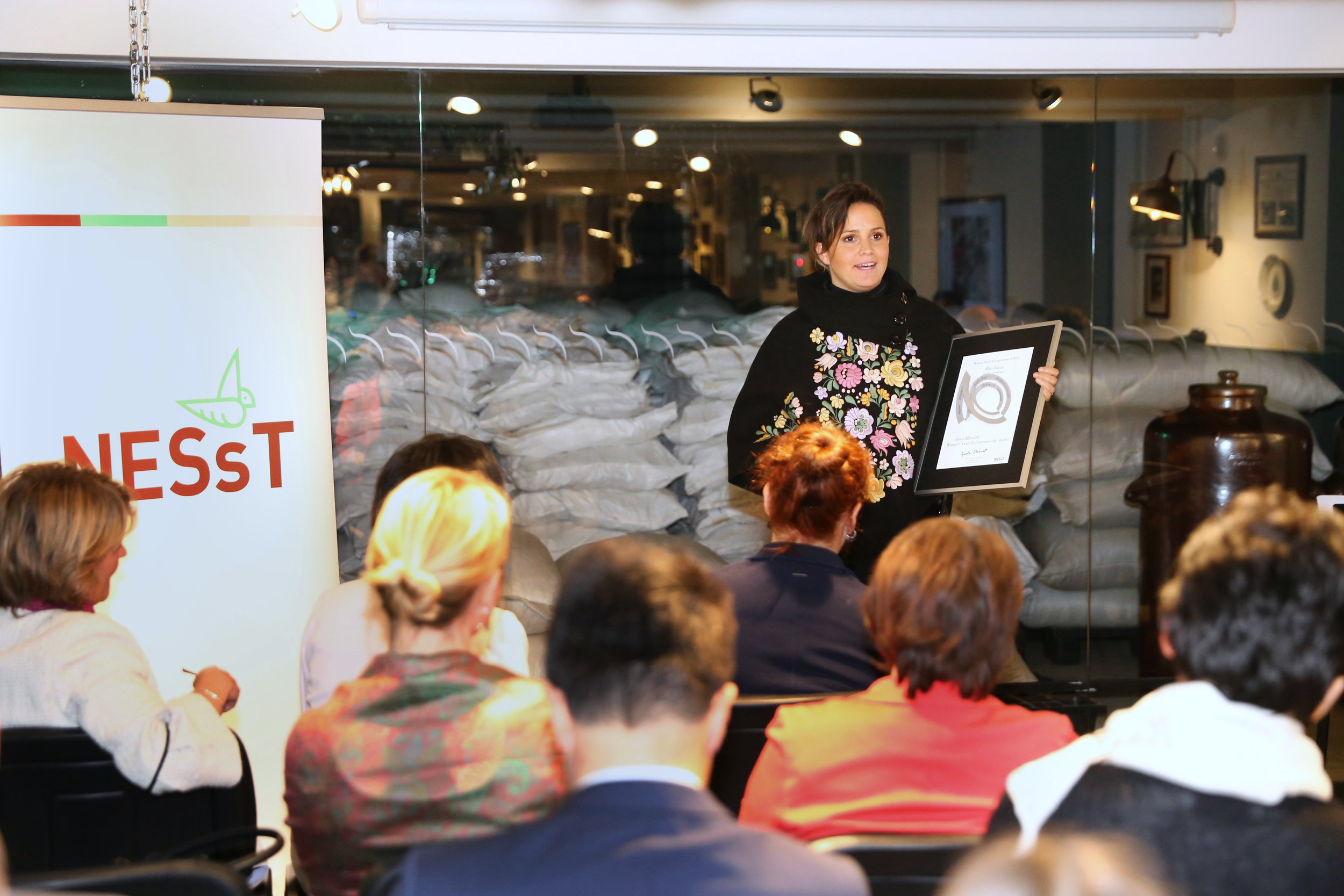
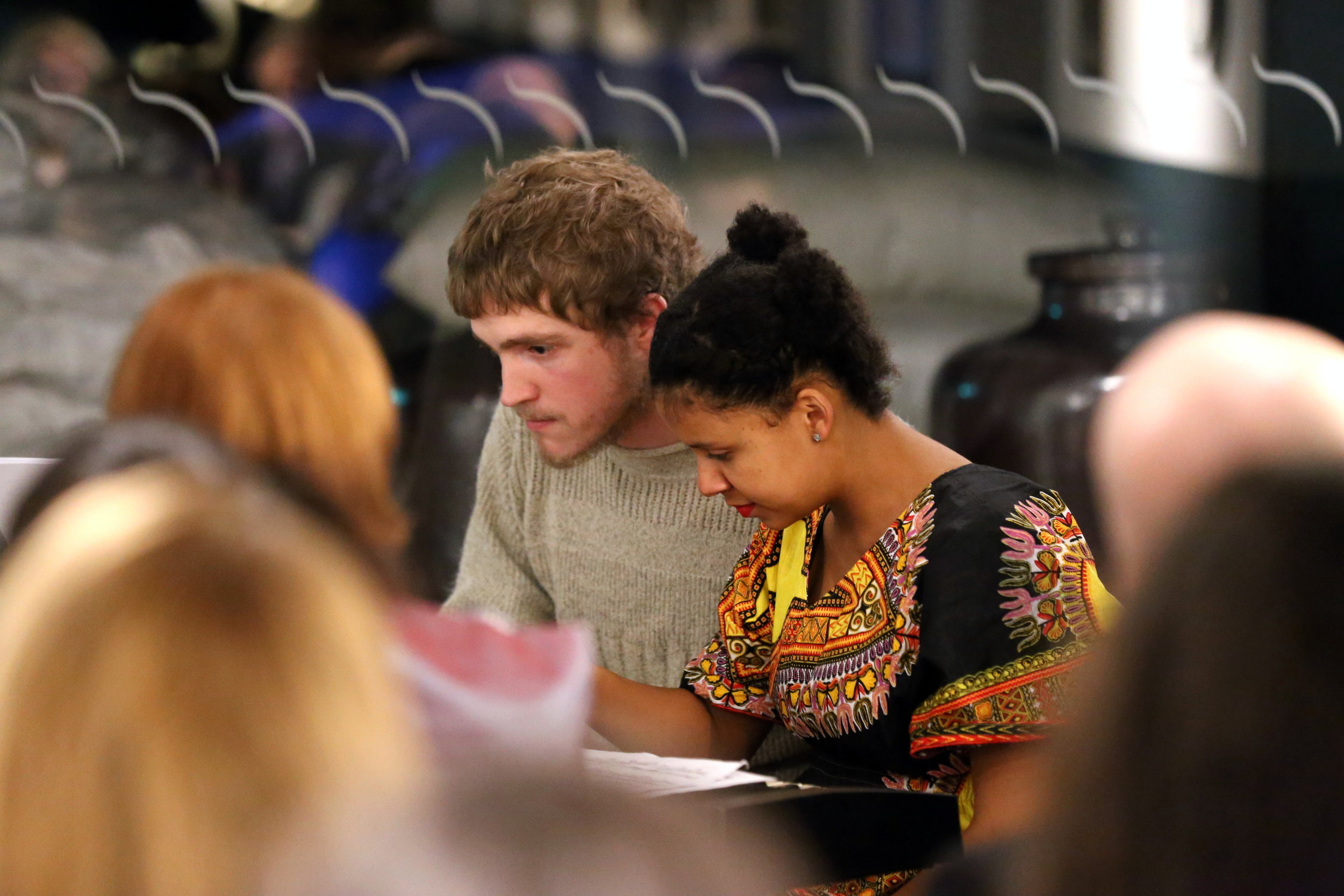
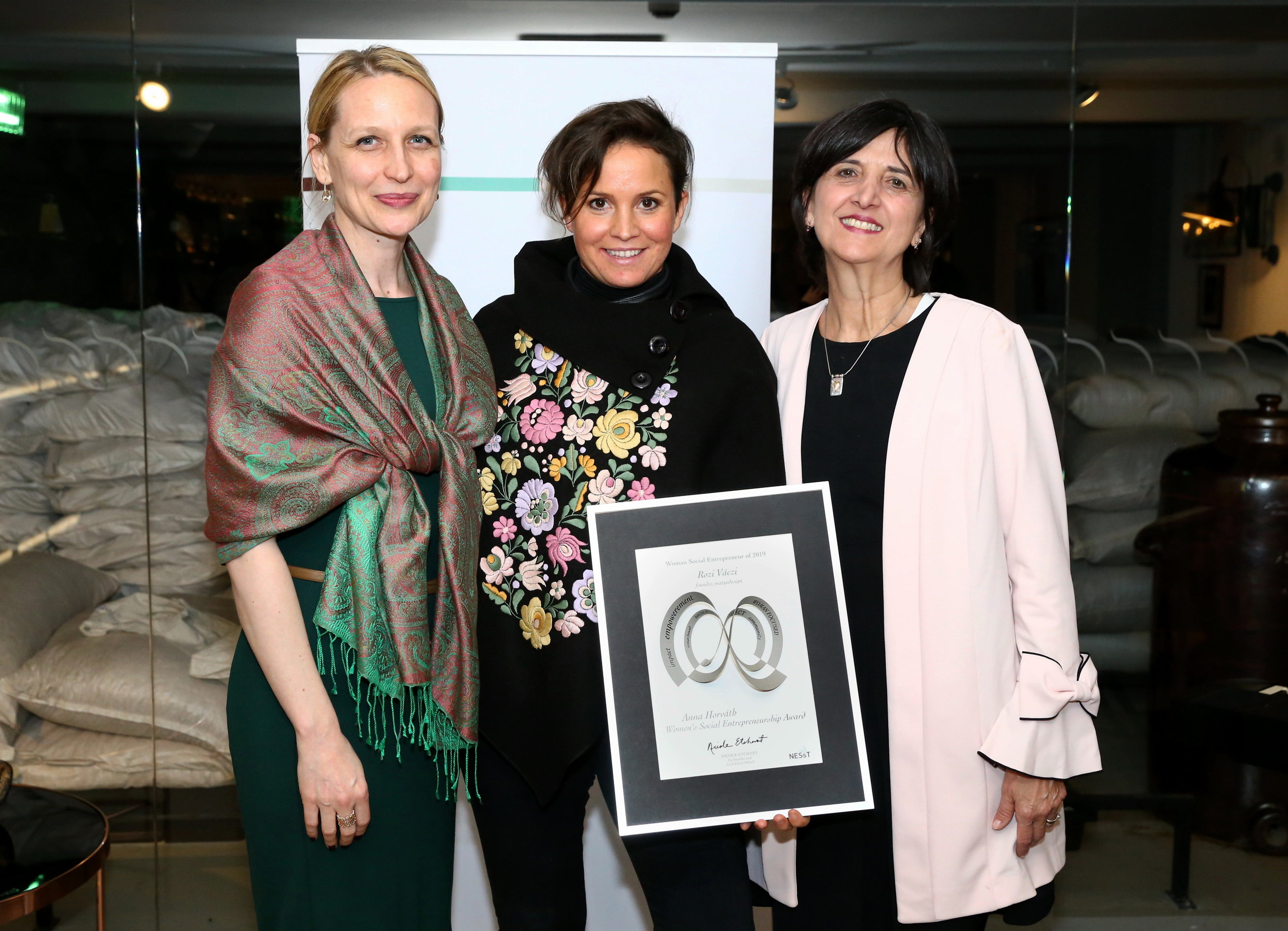
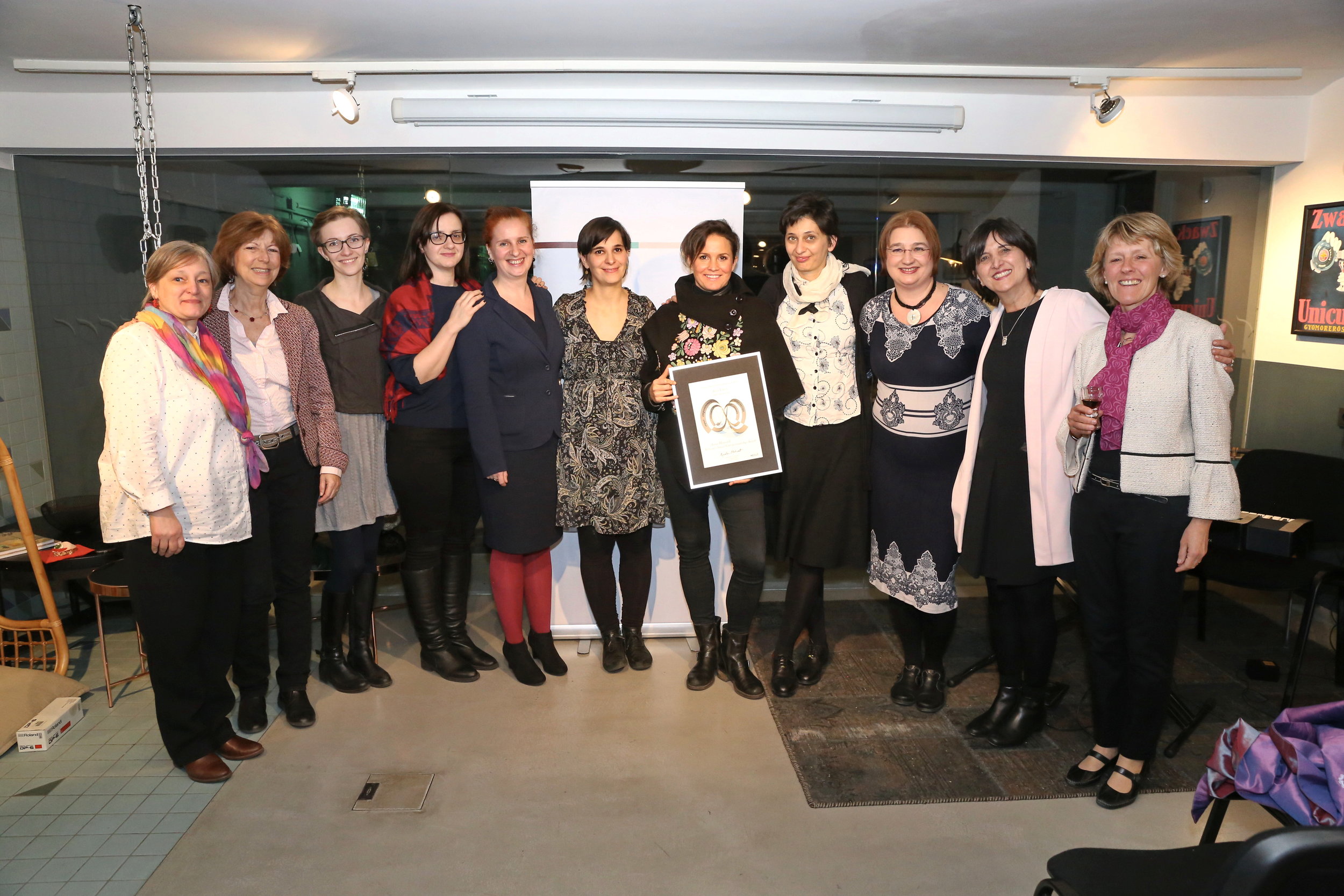

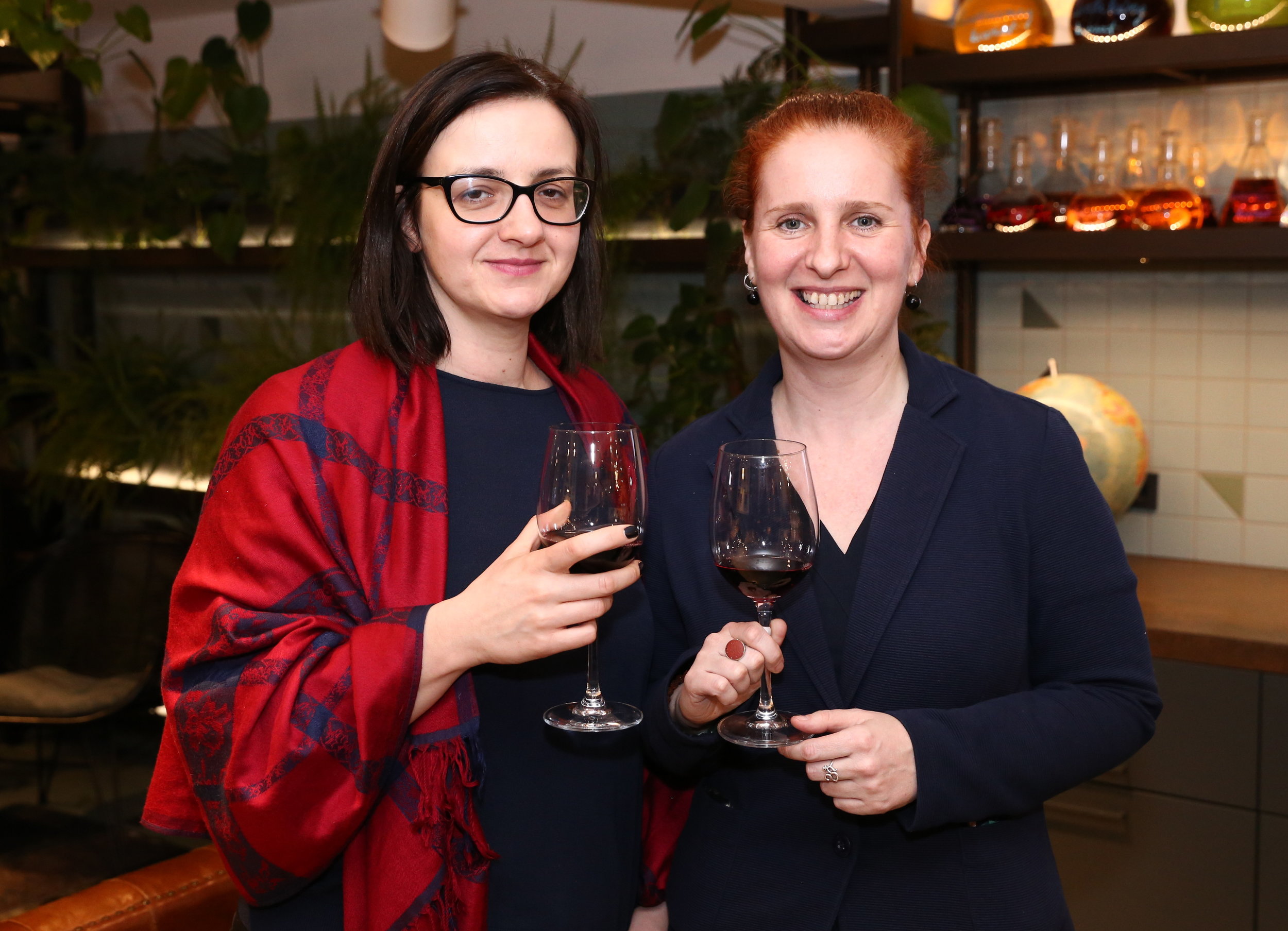
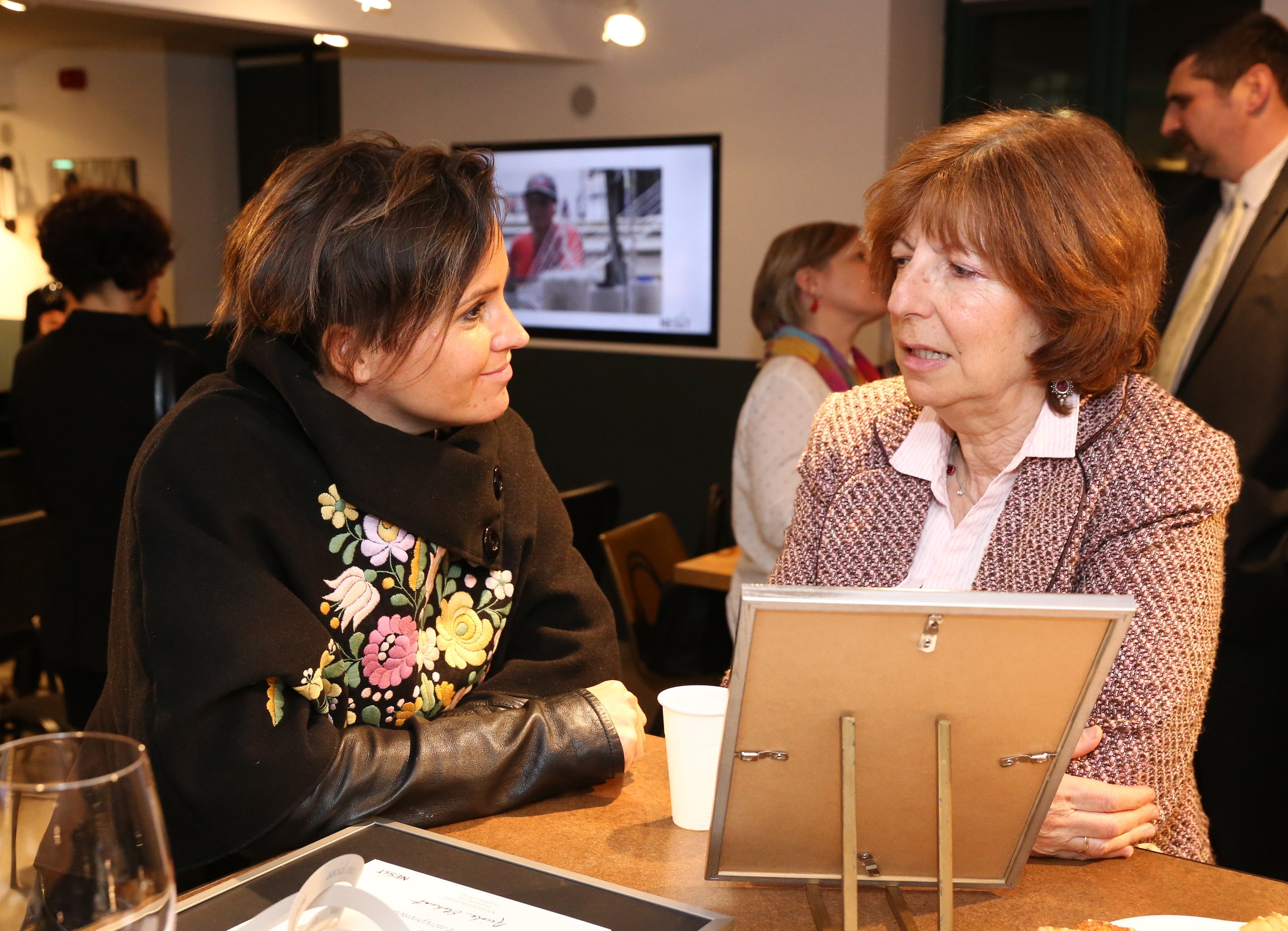
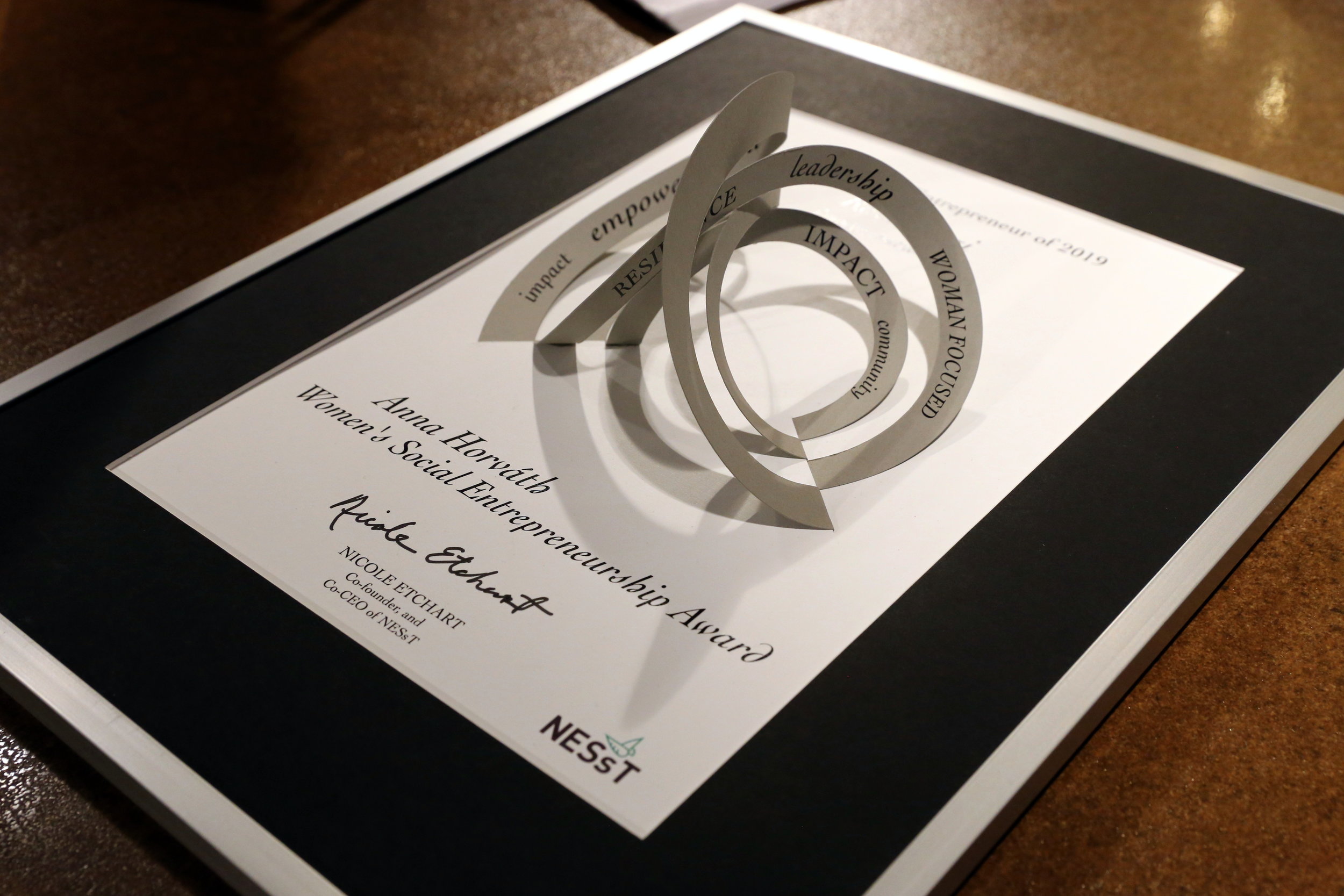





Words by Borbála Juhász, Former Head of the Gender Equality Department at the Ministry of Equal Opportunities in Hungary
Anna was always to me this strong, perfectionist, hard-working woman, who is carrying the world on her shoulders and is led by strict values, who is always overperforming, produces triple as much as others in her leadership role, speaks frankly, a no-nonsense woman.
Anna was the Hungarian national expert of a one-year project by the European Women’s Lobby. In 2014-2015, we compared the involvement of women in social entrepreneurship across 10 European countries.
We noticed that the gender gap in social entrepreneurship is generally smaller than the gender gap in traditional commercial entrepreneurship. In fact, twice as many women run social enterprises than lead small businesses. On a policy level, social entrepreneurship and women’s entrepreneurship receive little attention.
There’s a misconception that “social” does not equal economic growth and employment. When in reality social entrepreneurship and women entrepreneurs build sustainable communities, contribute to solving social issues, and empower disadvantaged, underprivileged or discriminated sectors of a society.
Finally, we want to send a strong thank you to the sponsors of the award.
And to all of the individuals who donated their resources, both financial and non-financial, to make this award and event possible.


